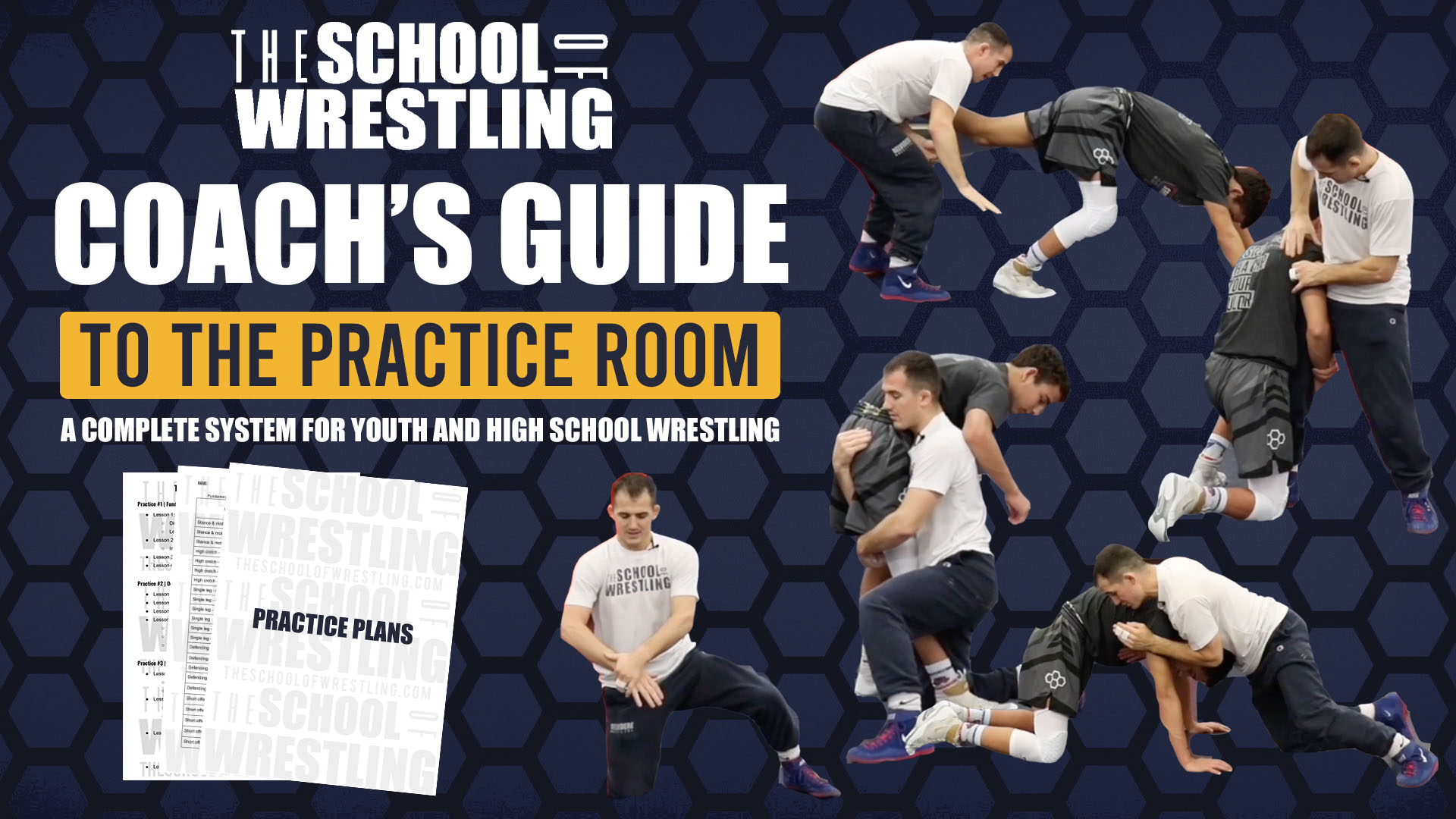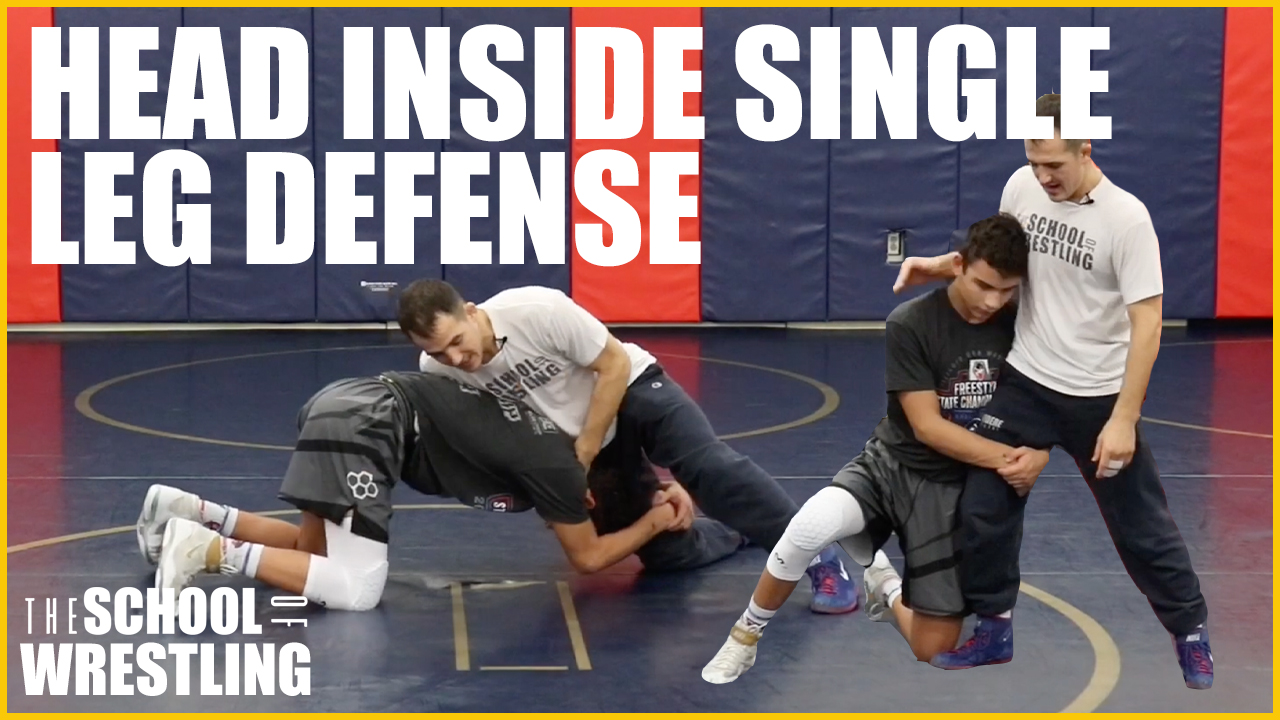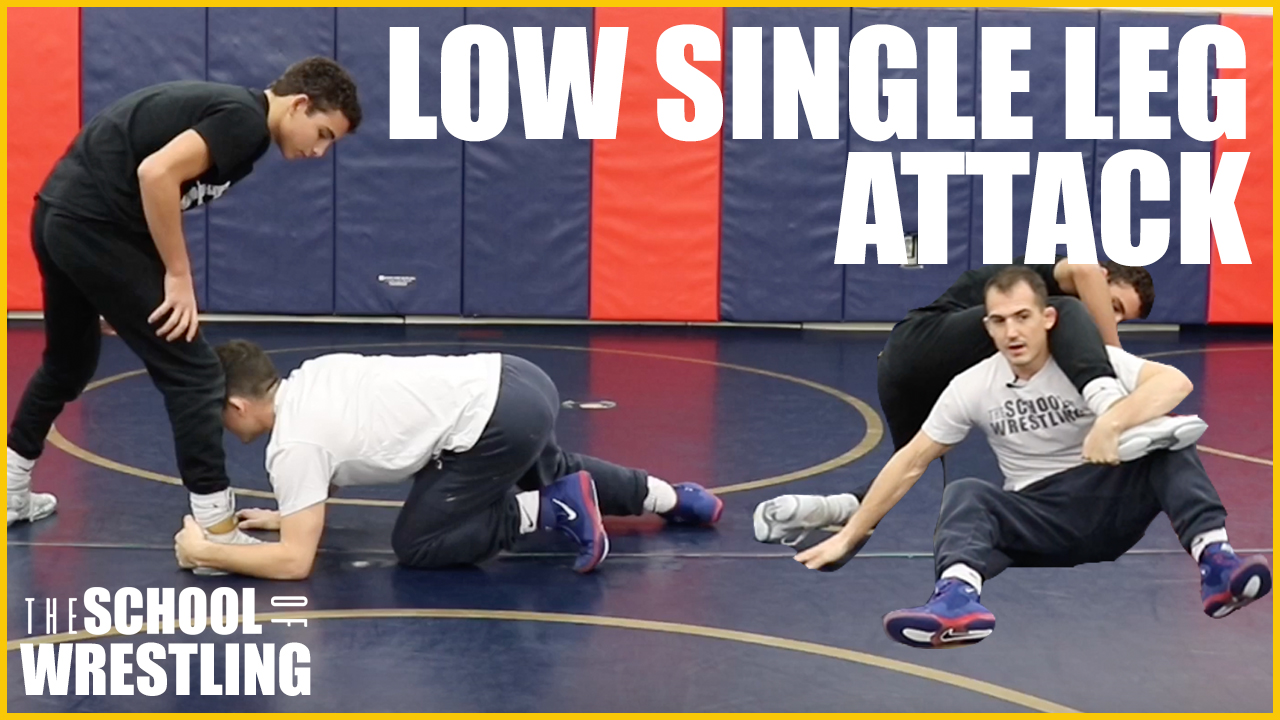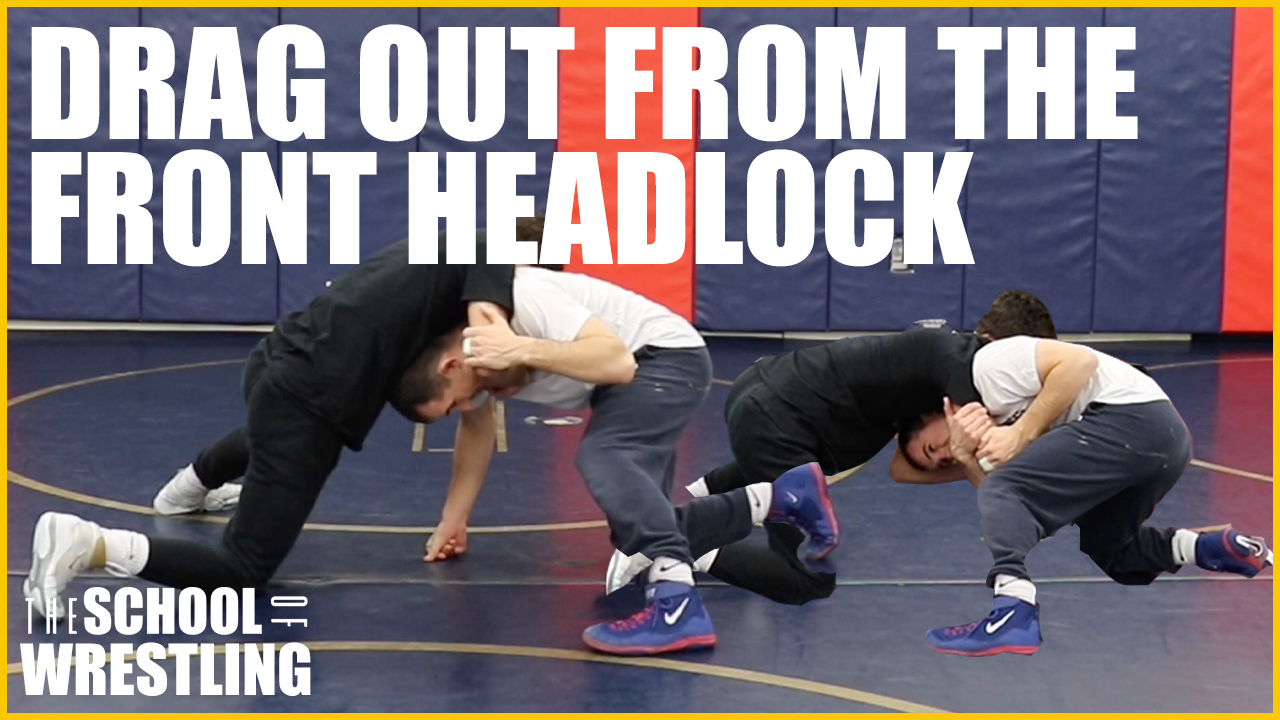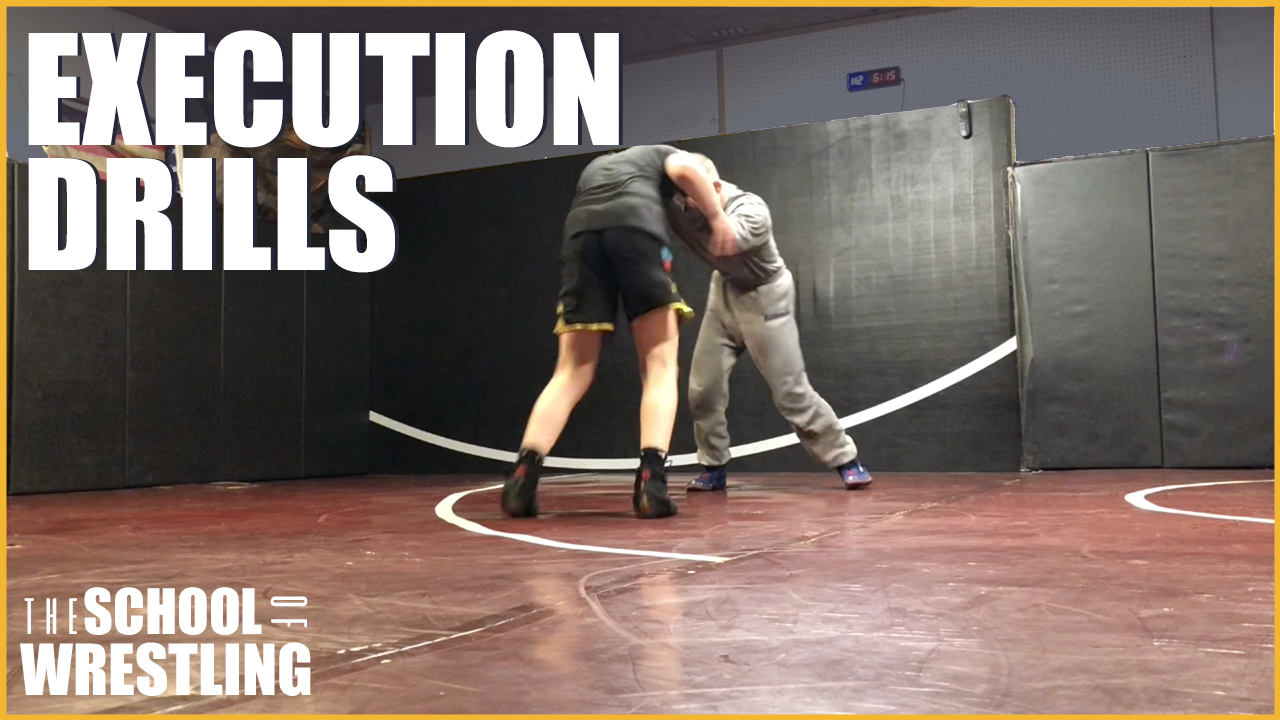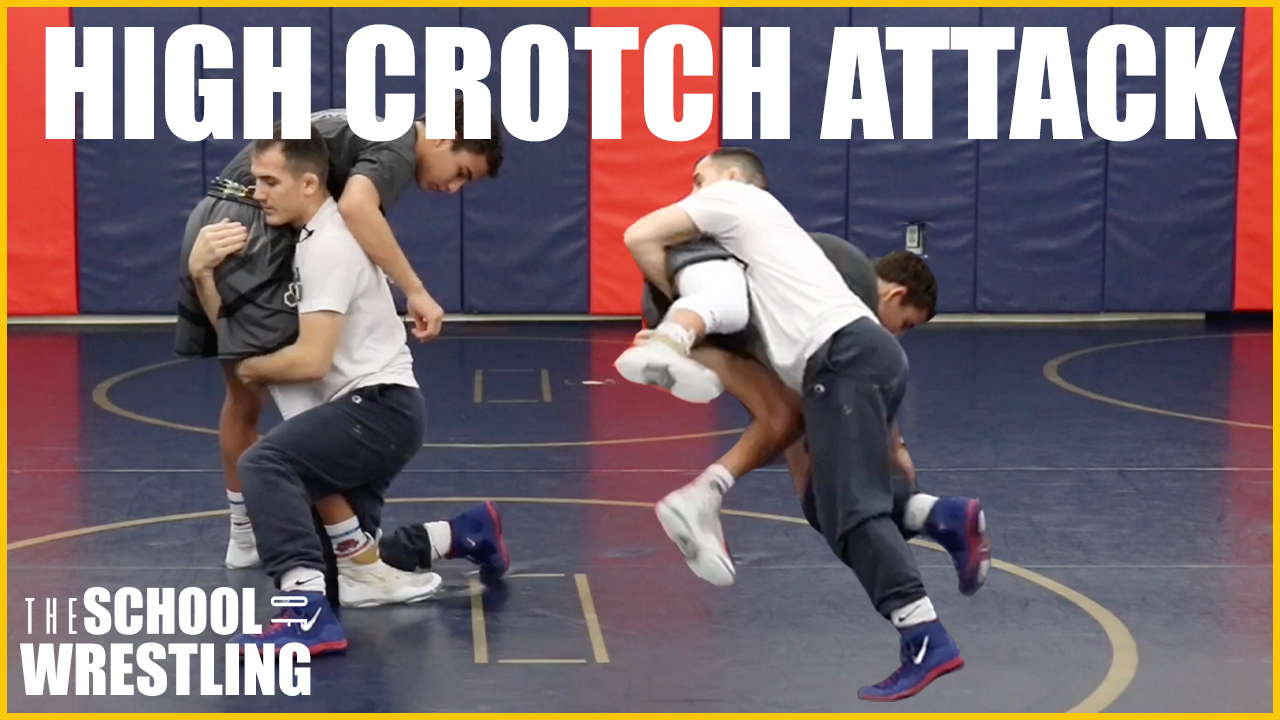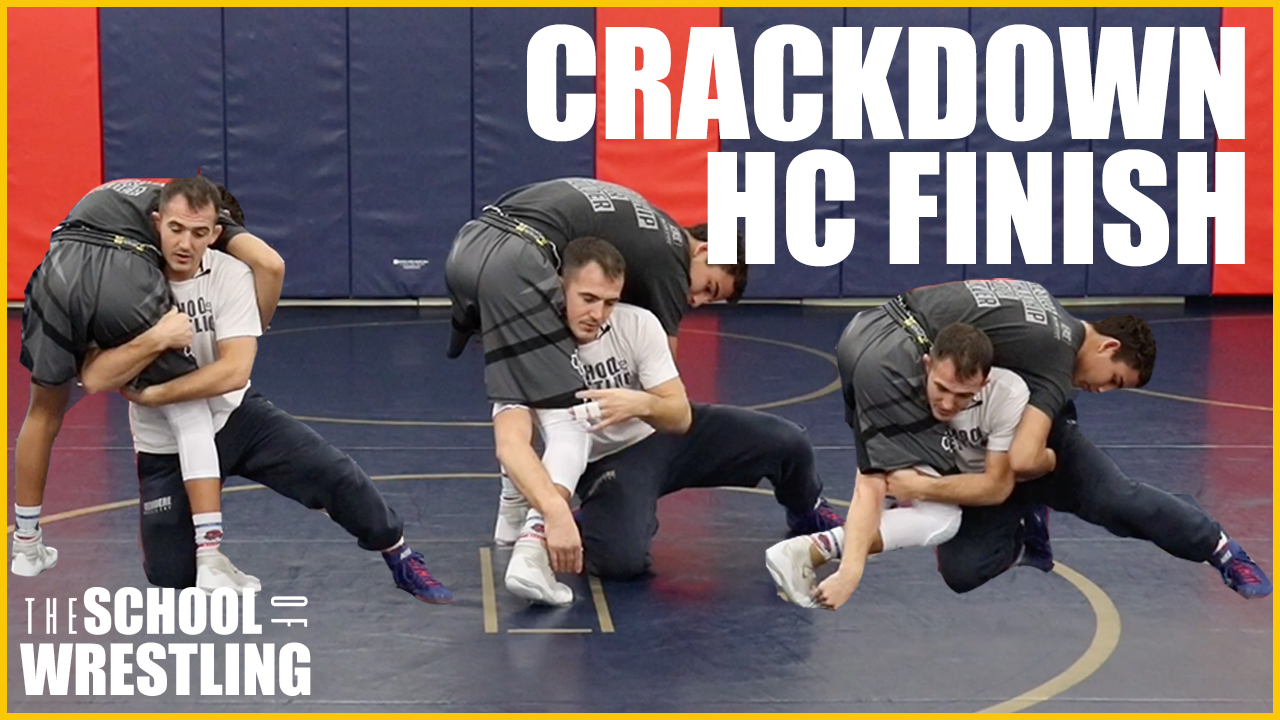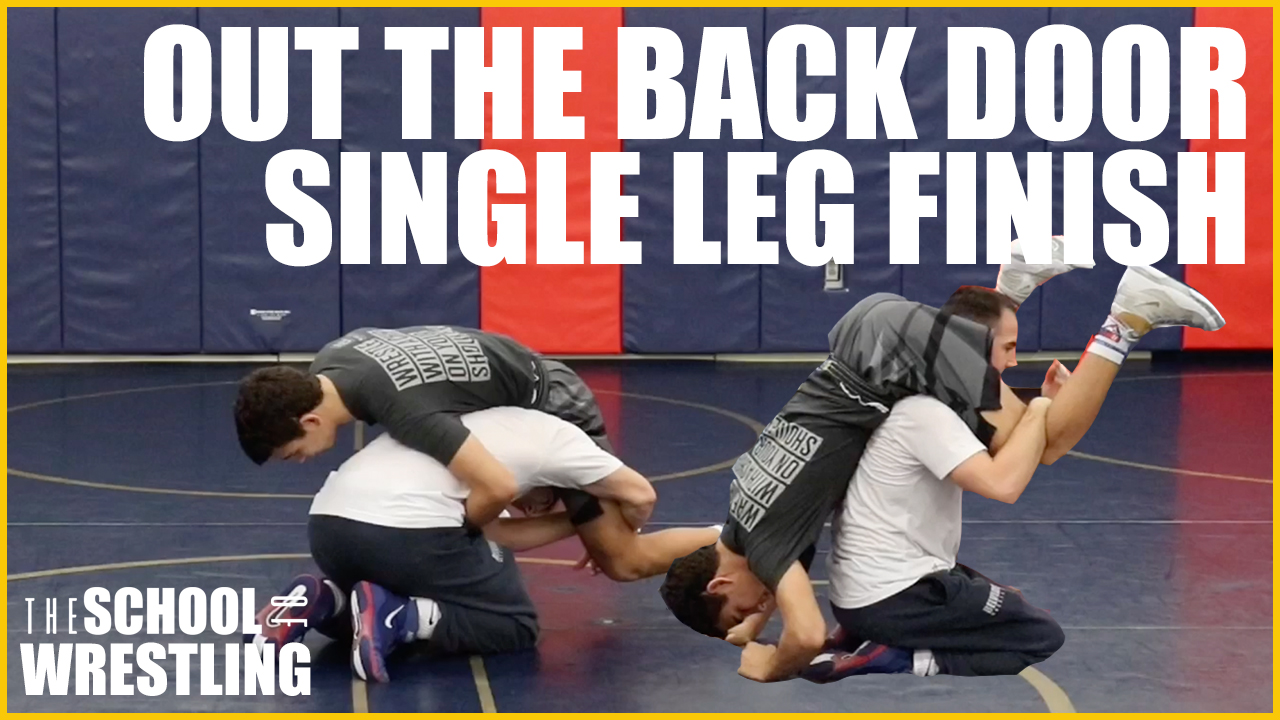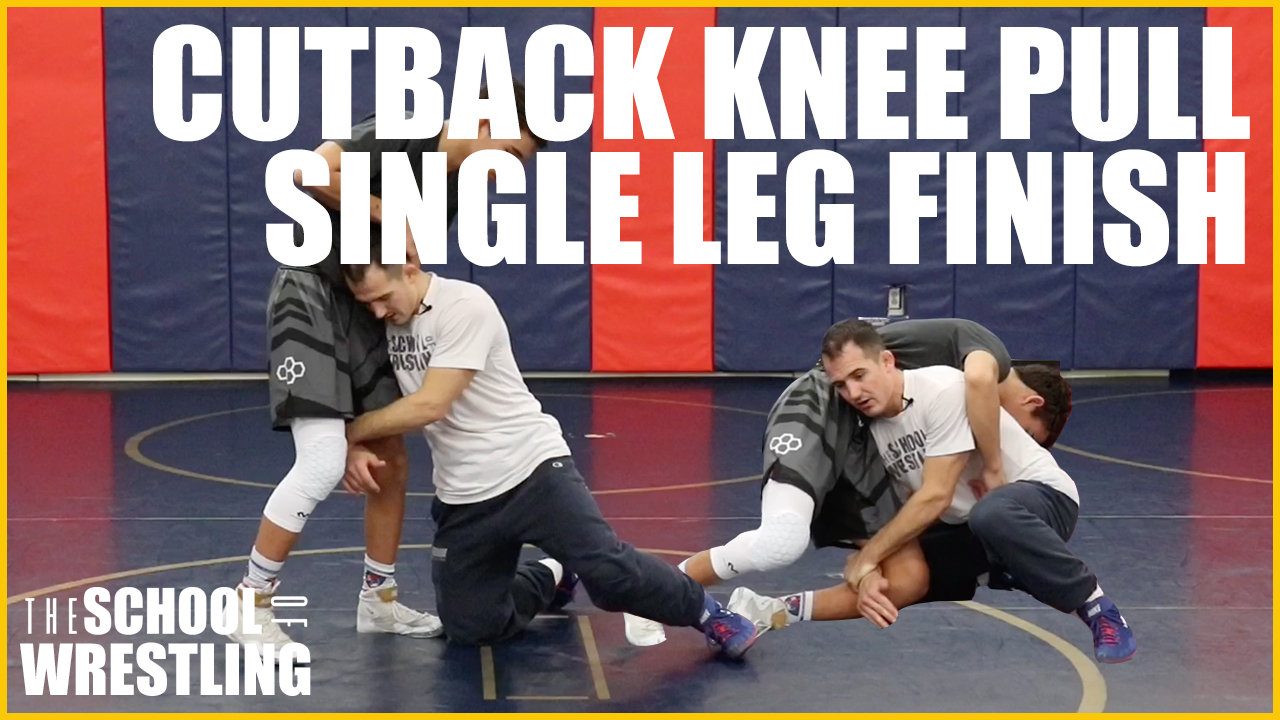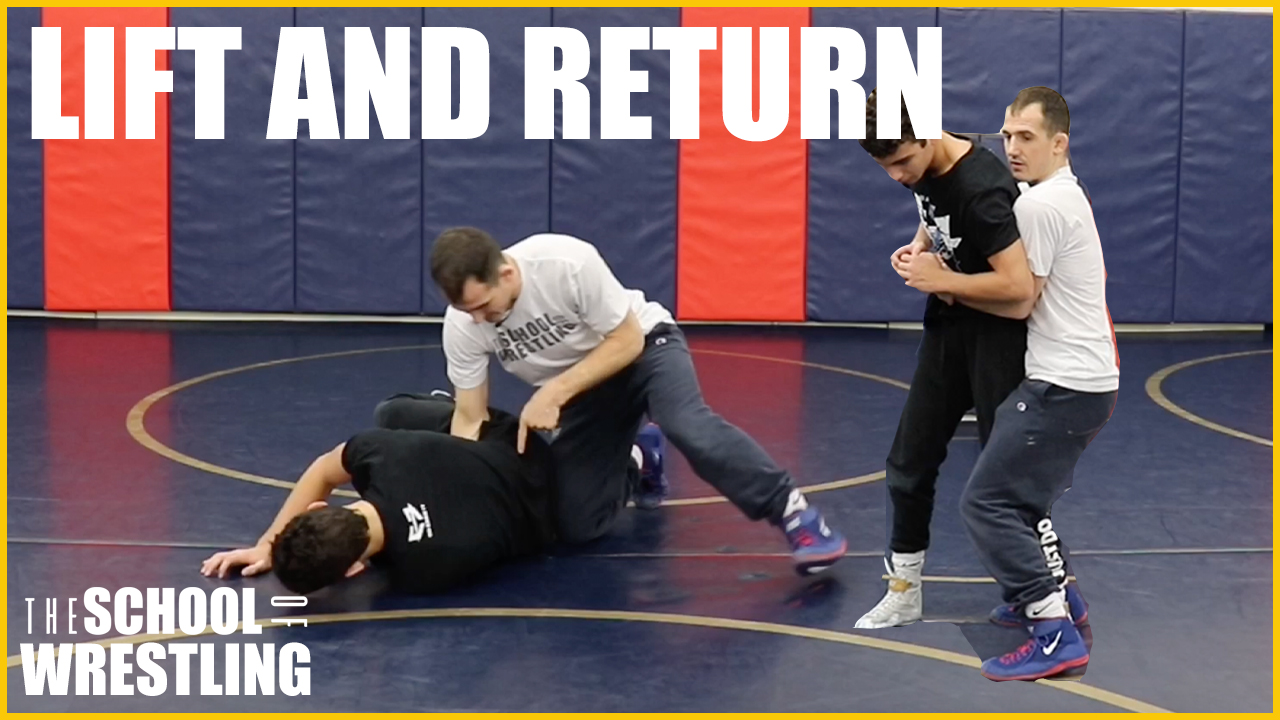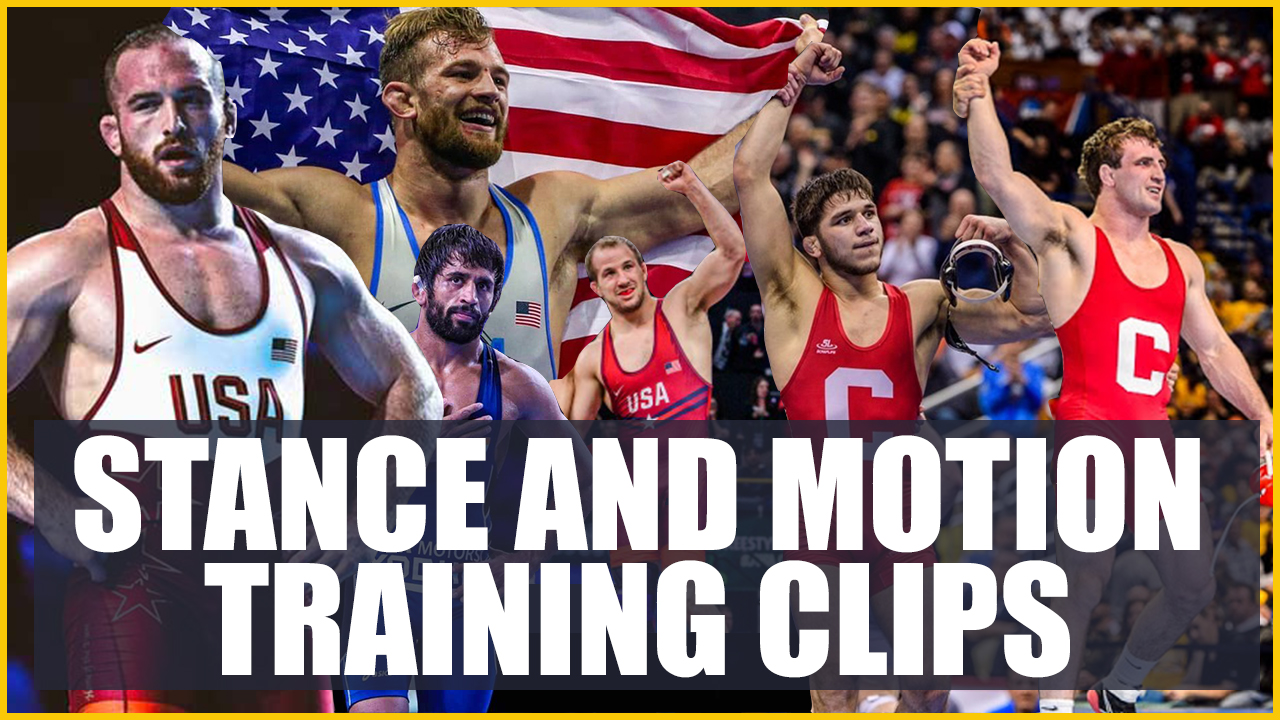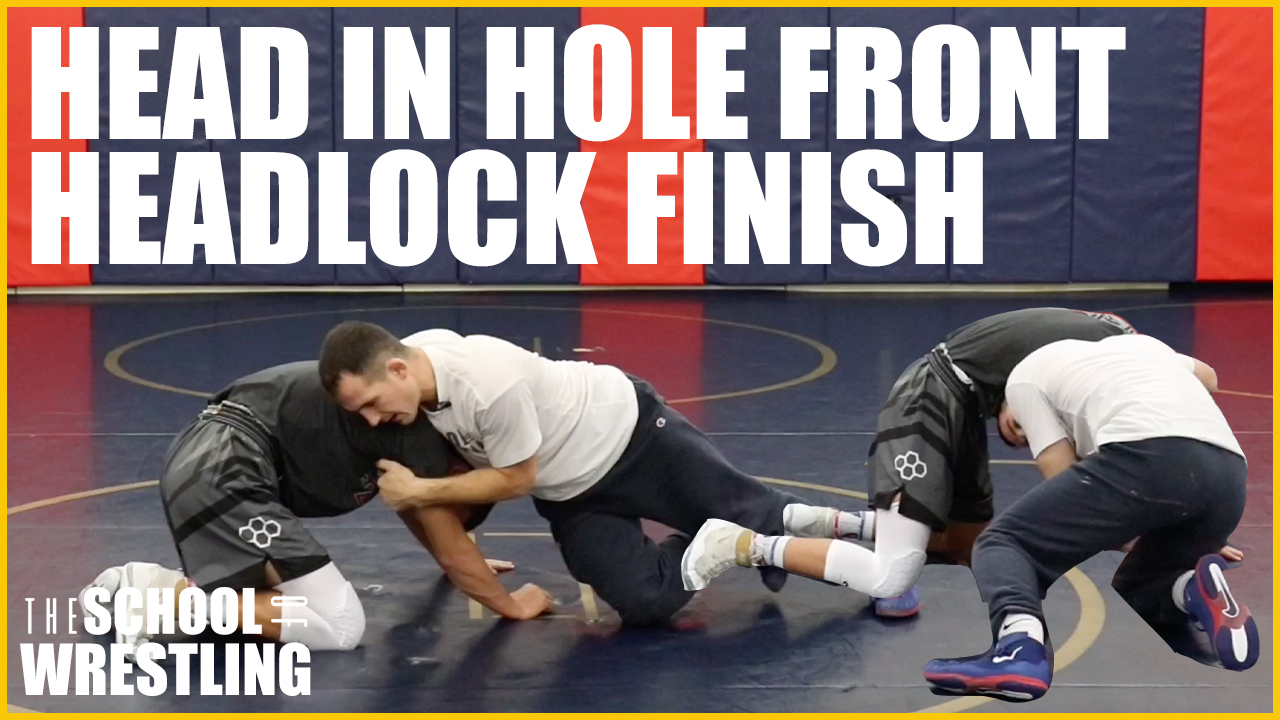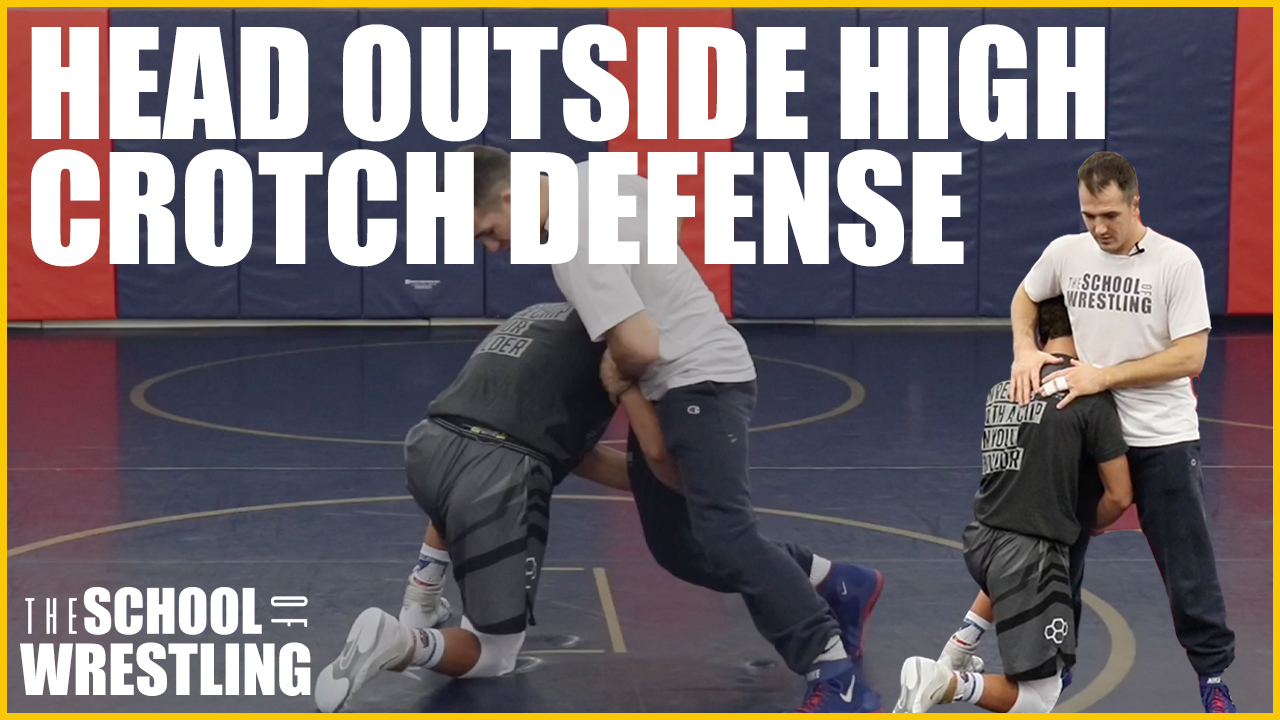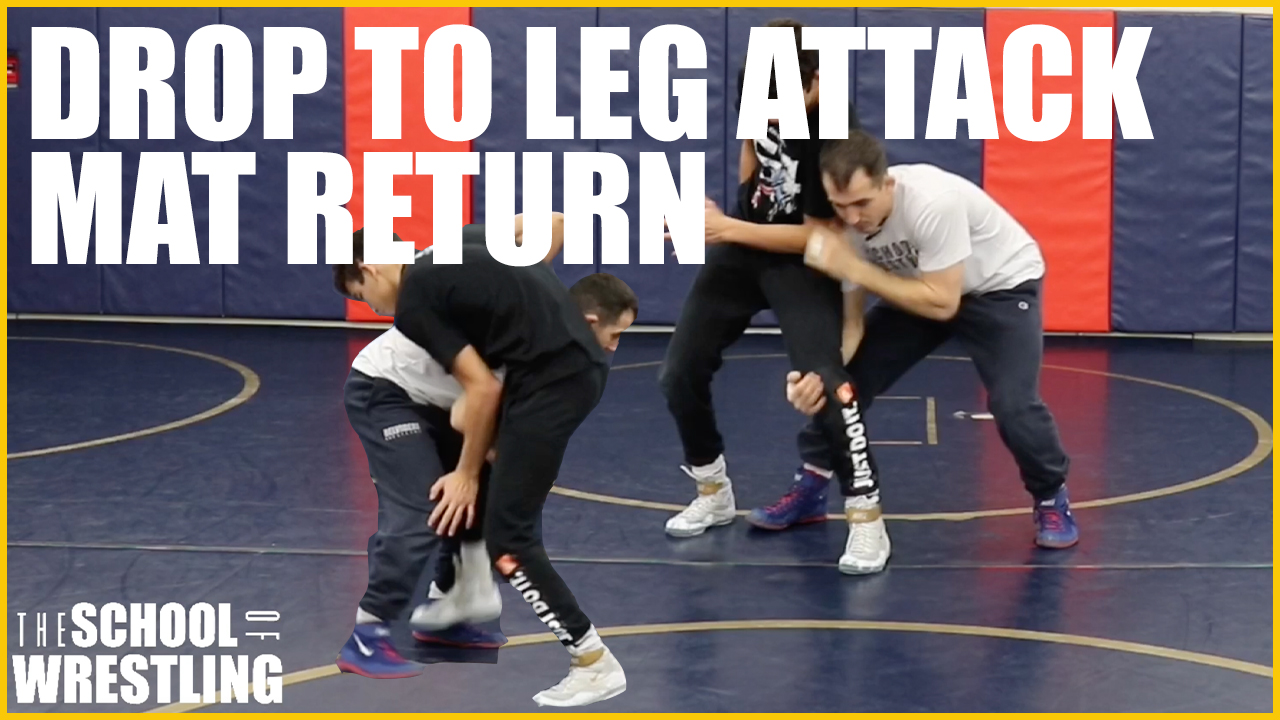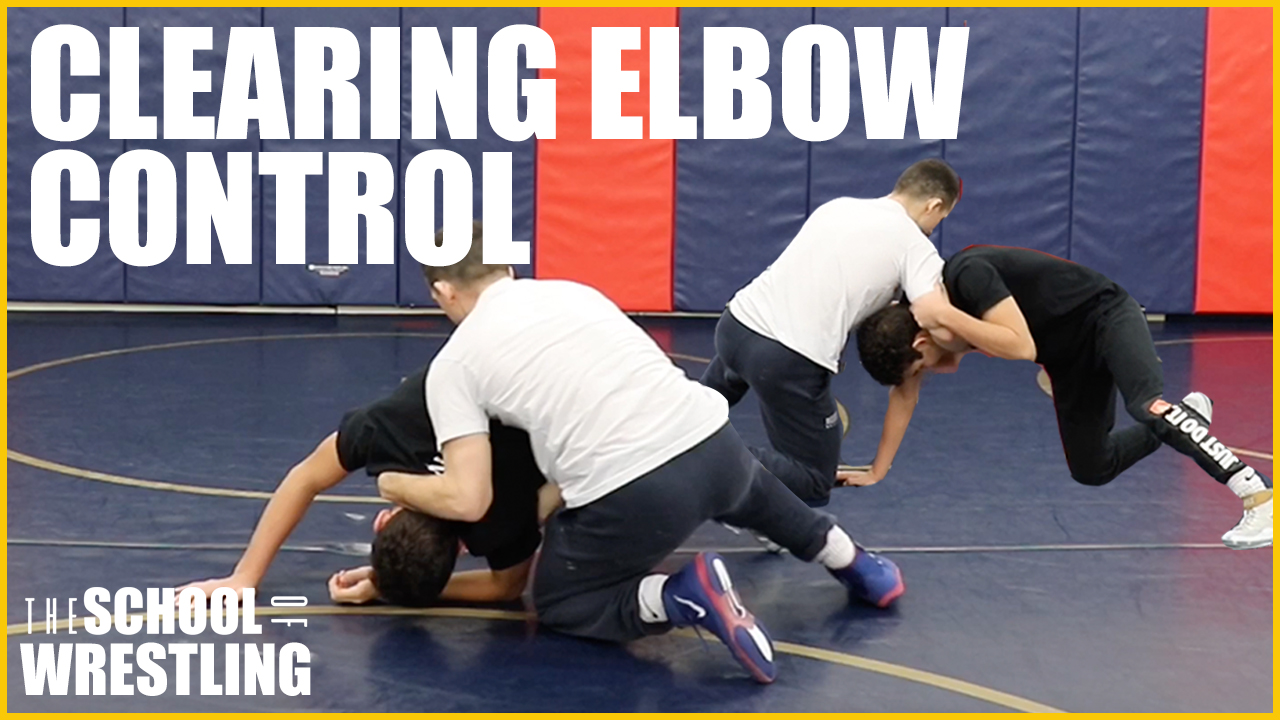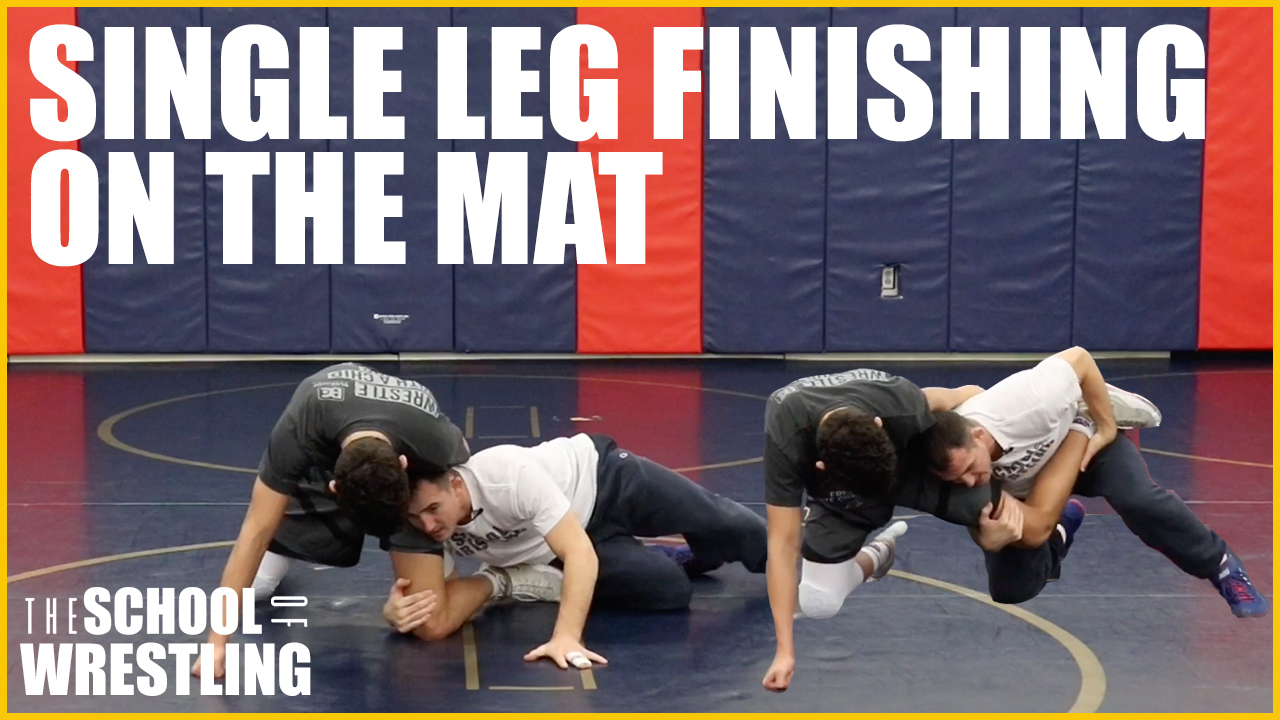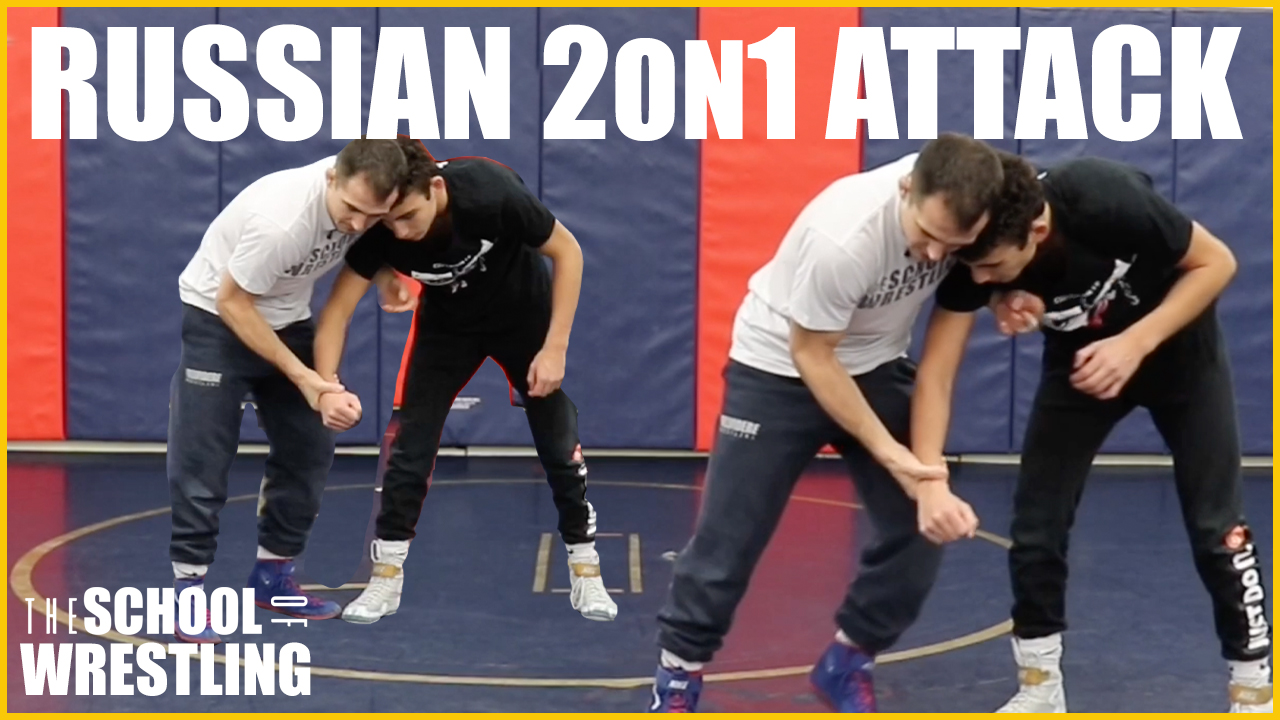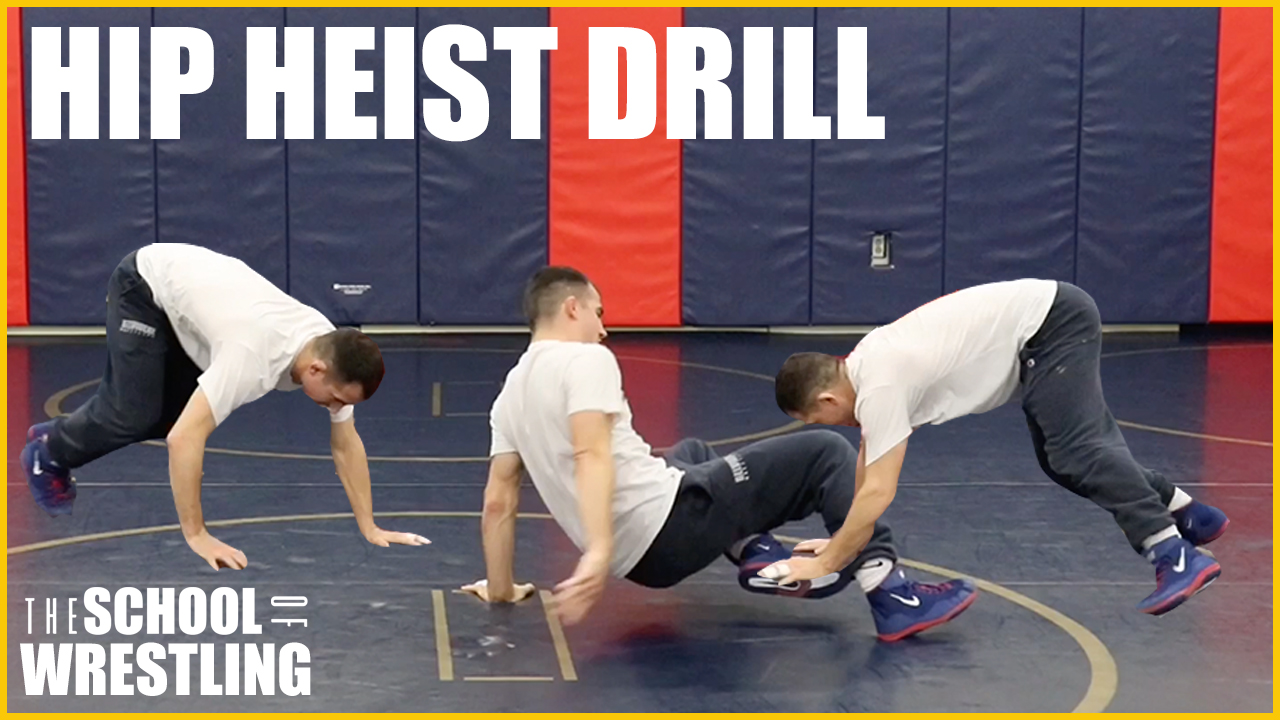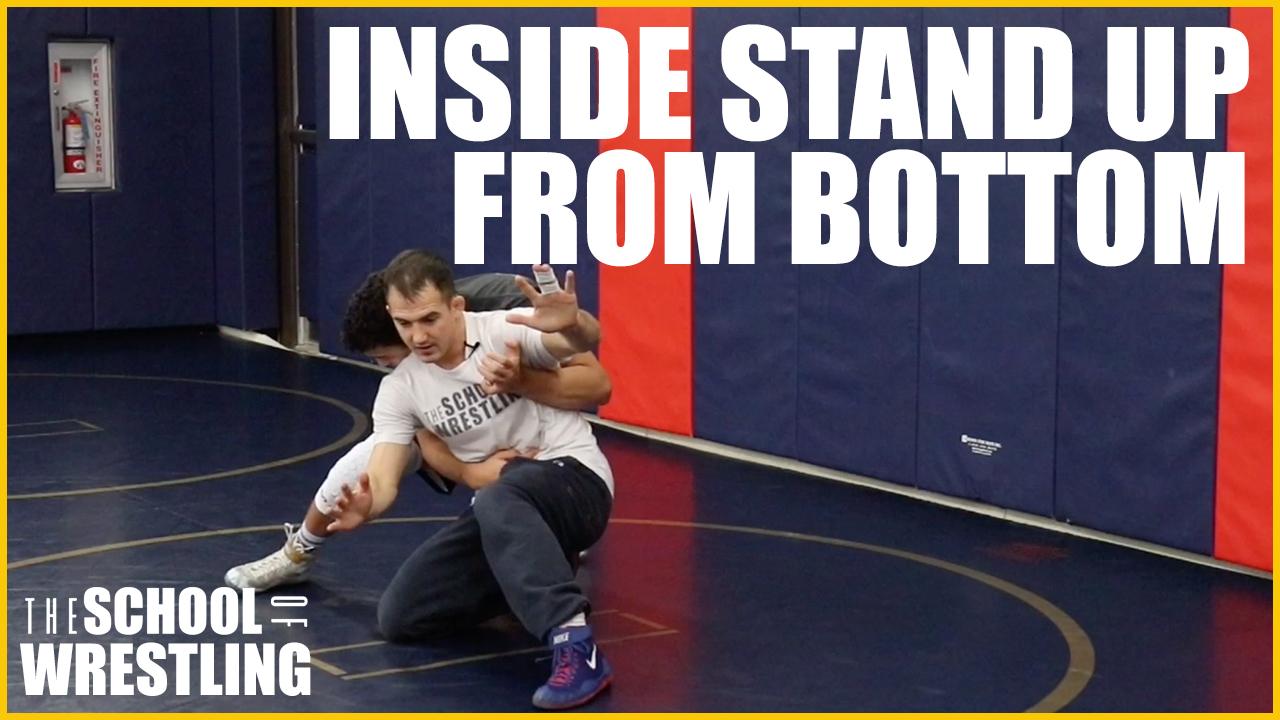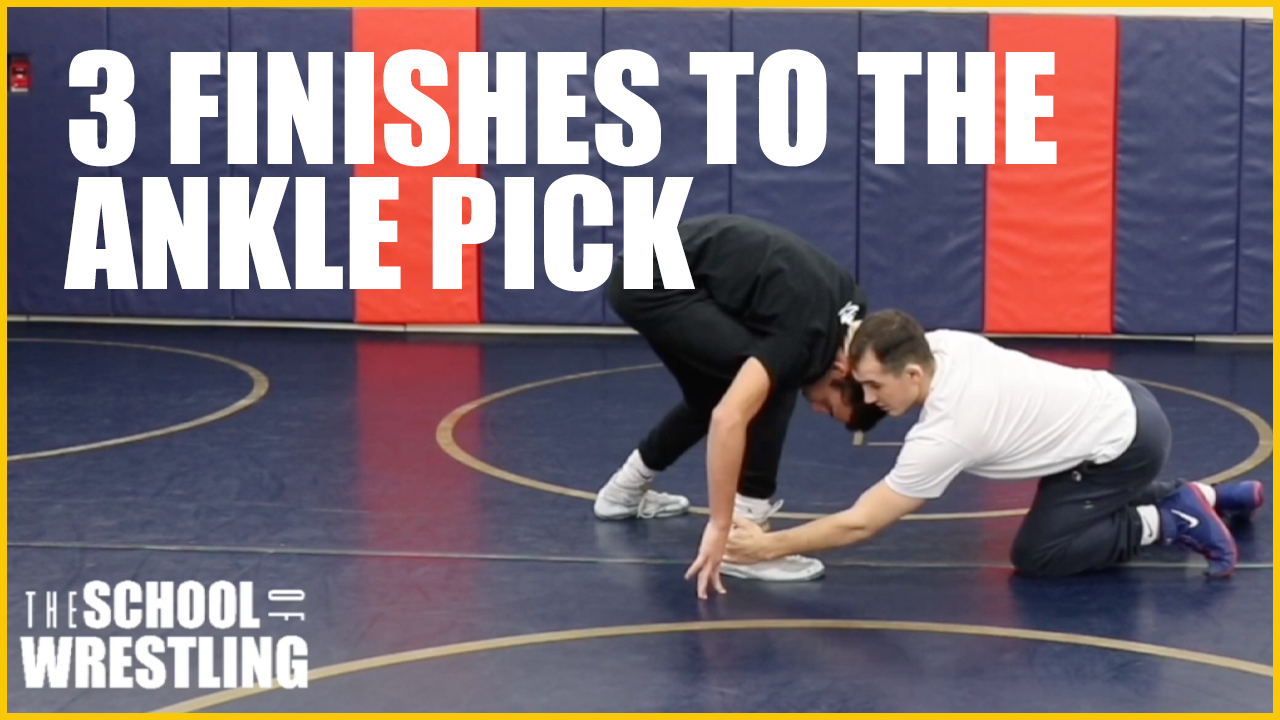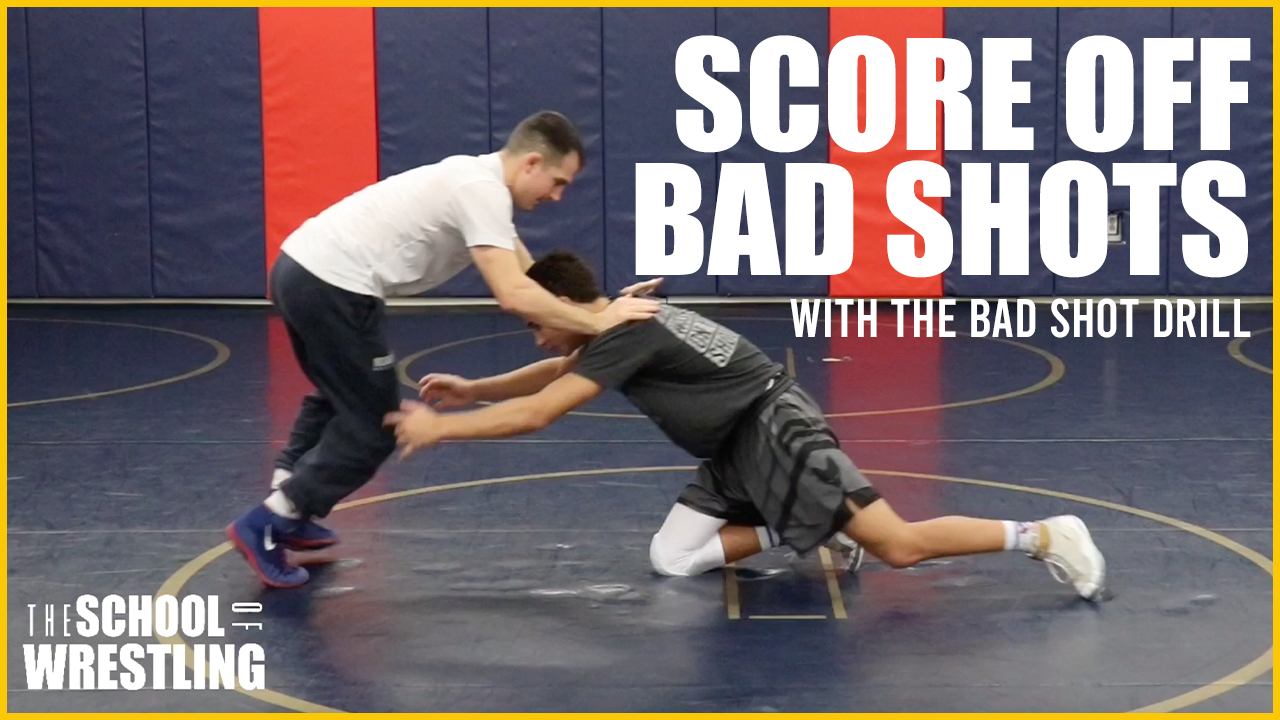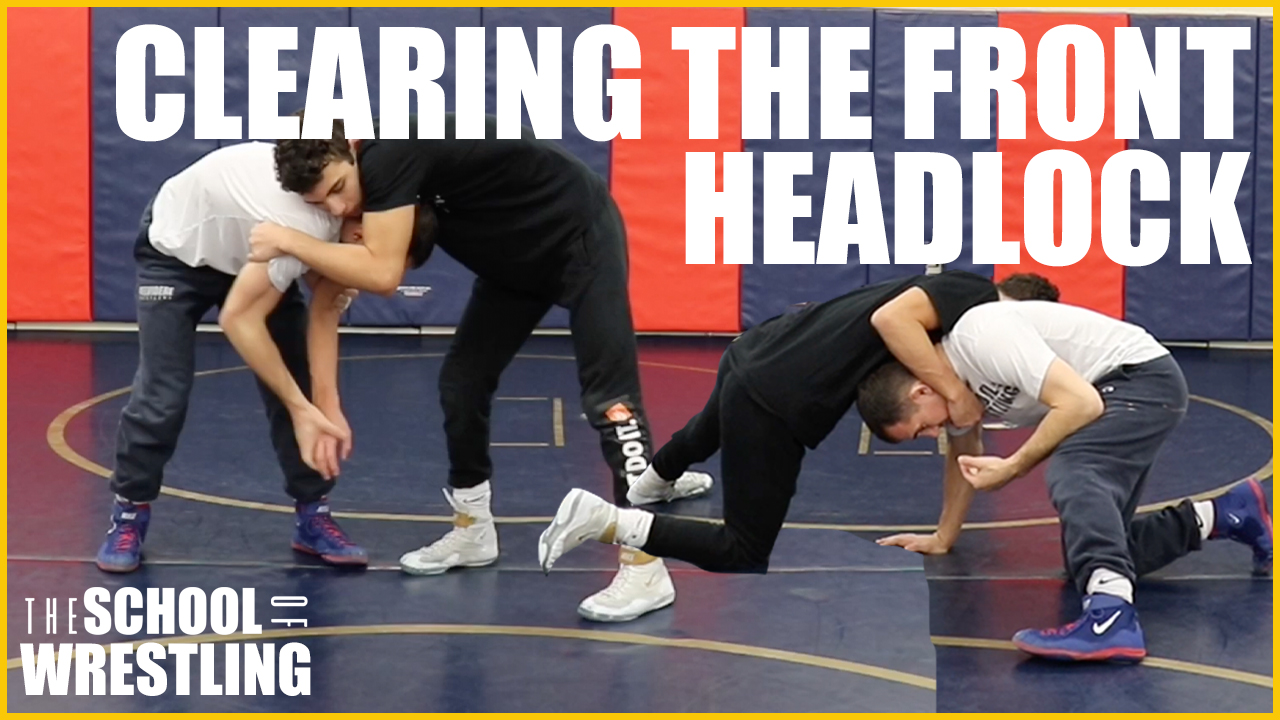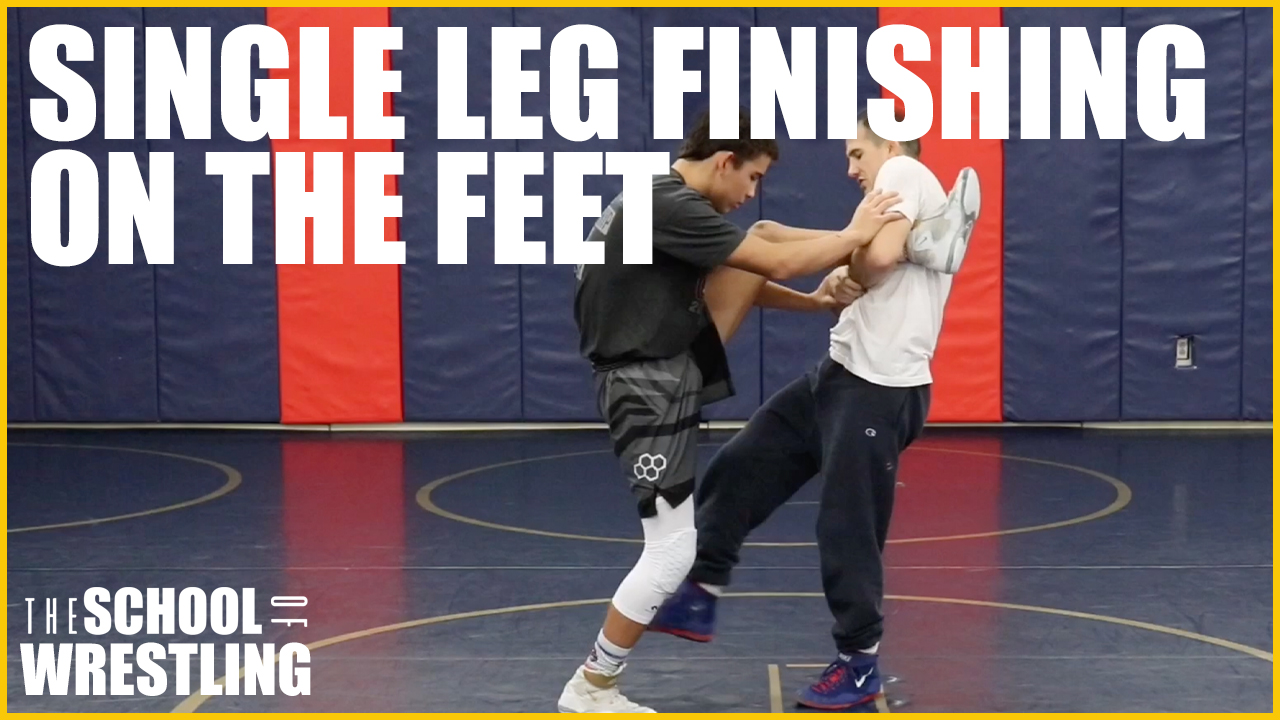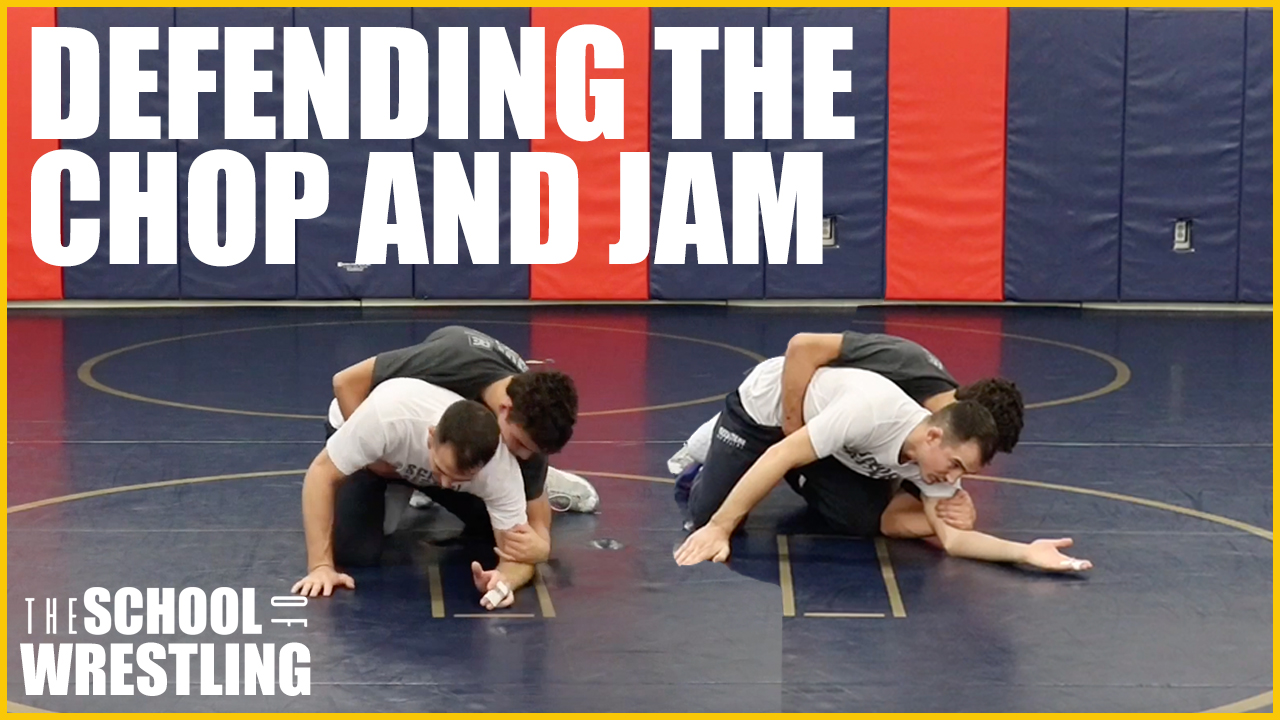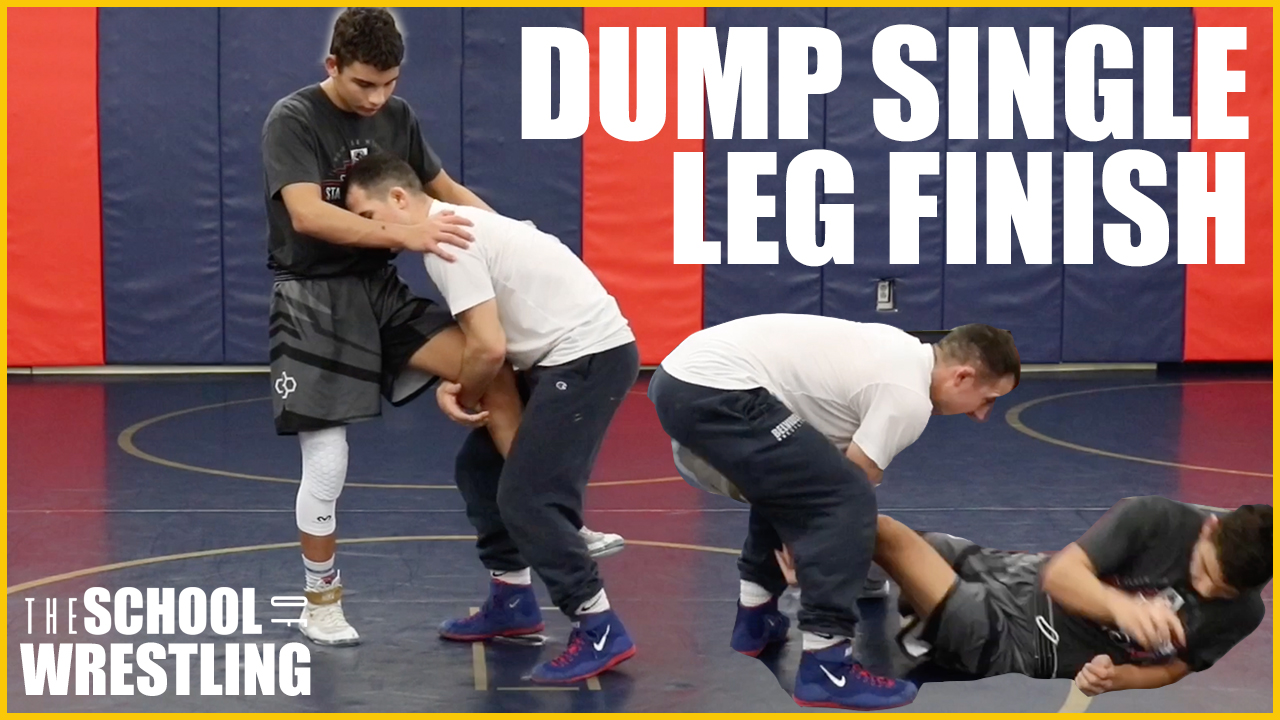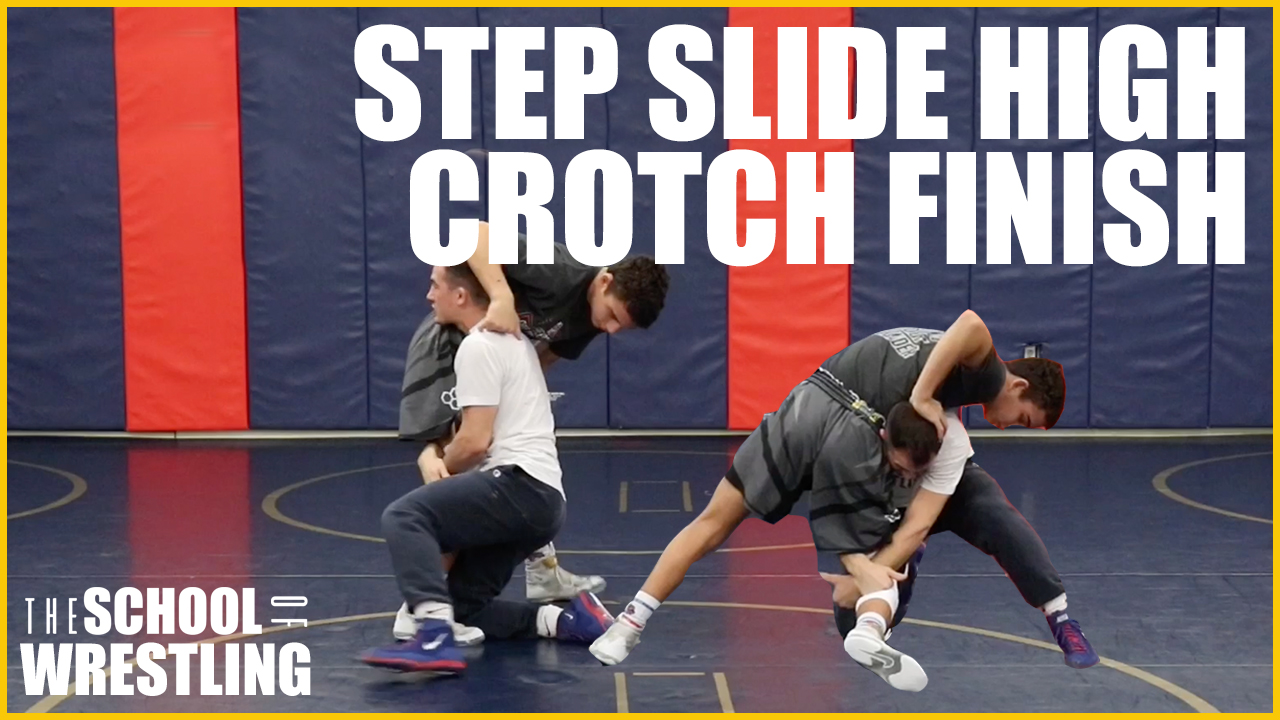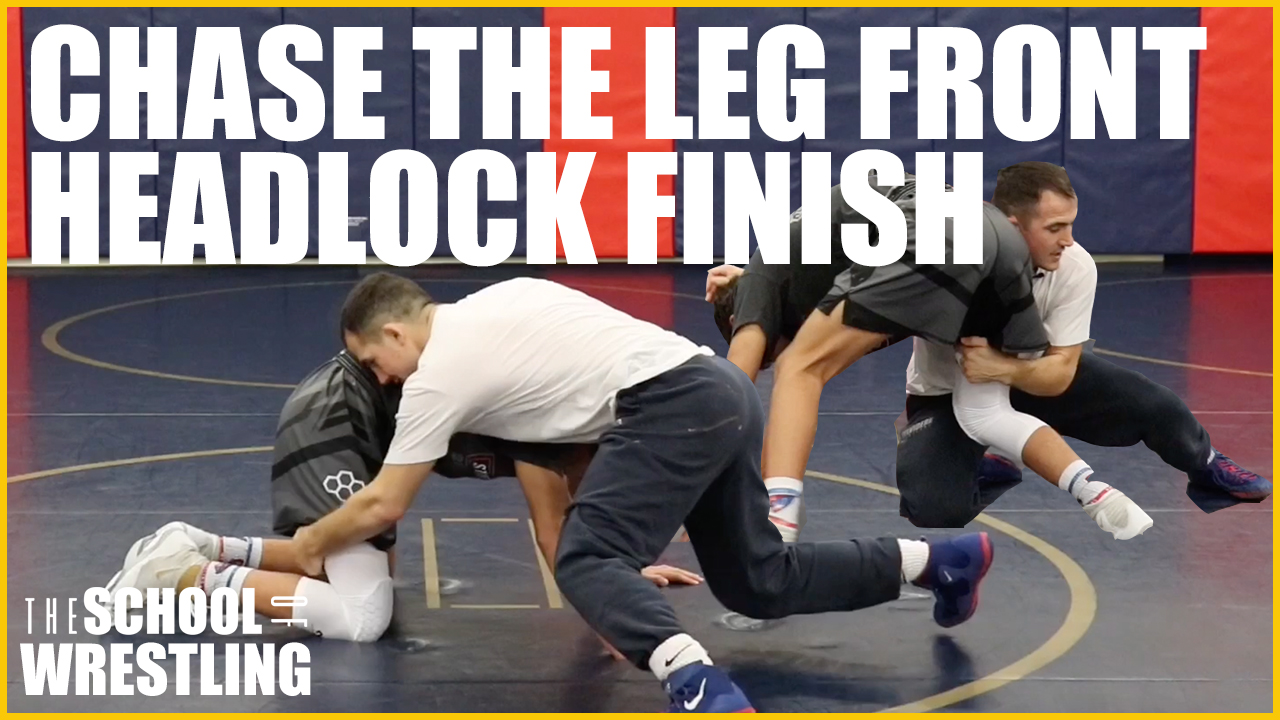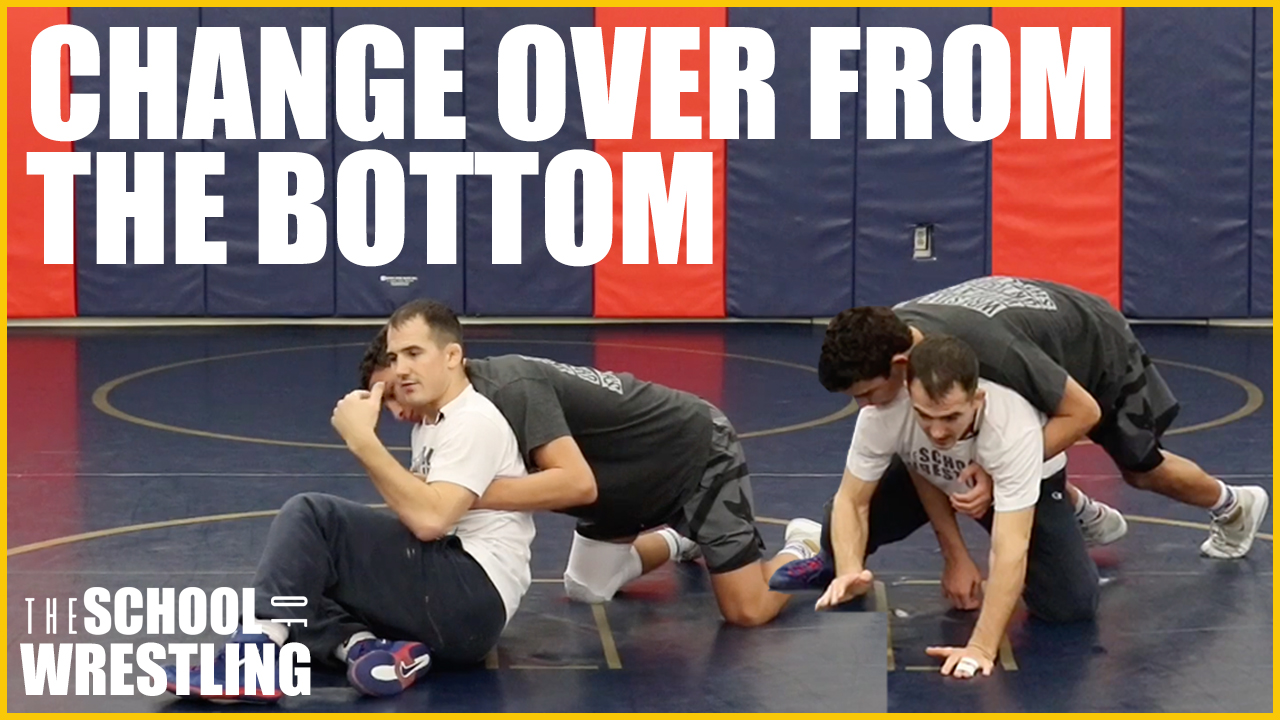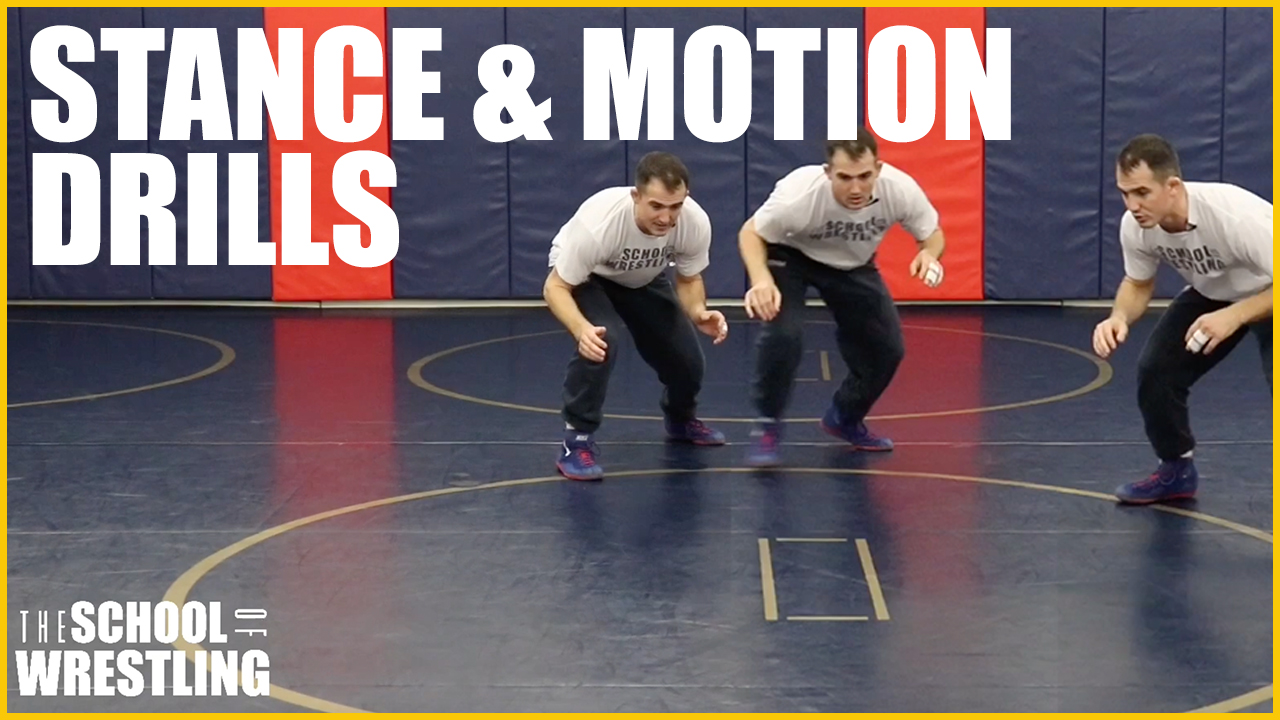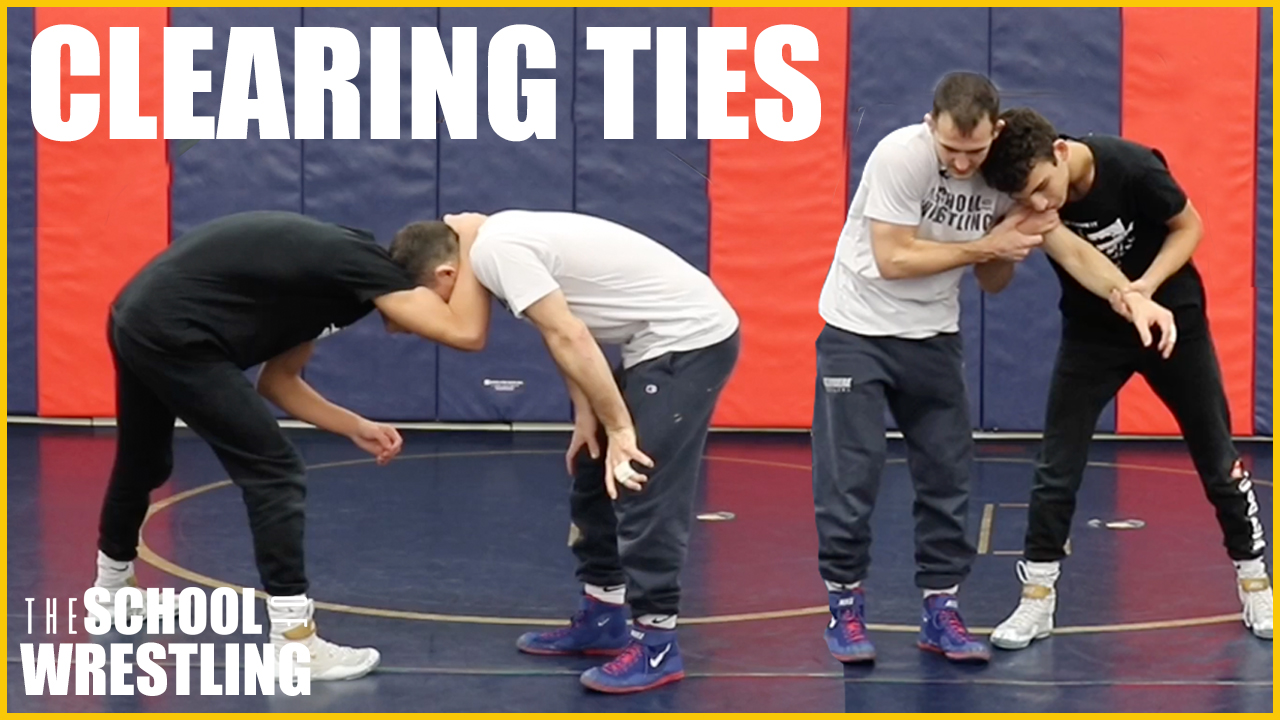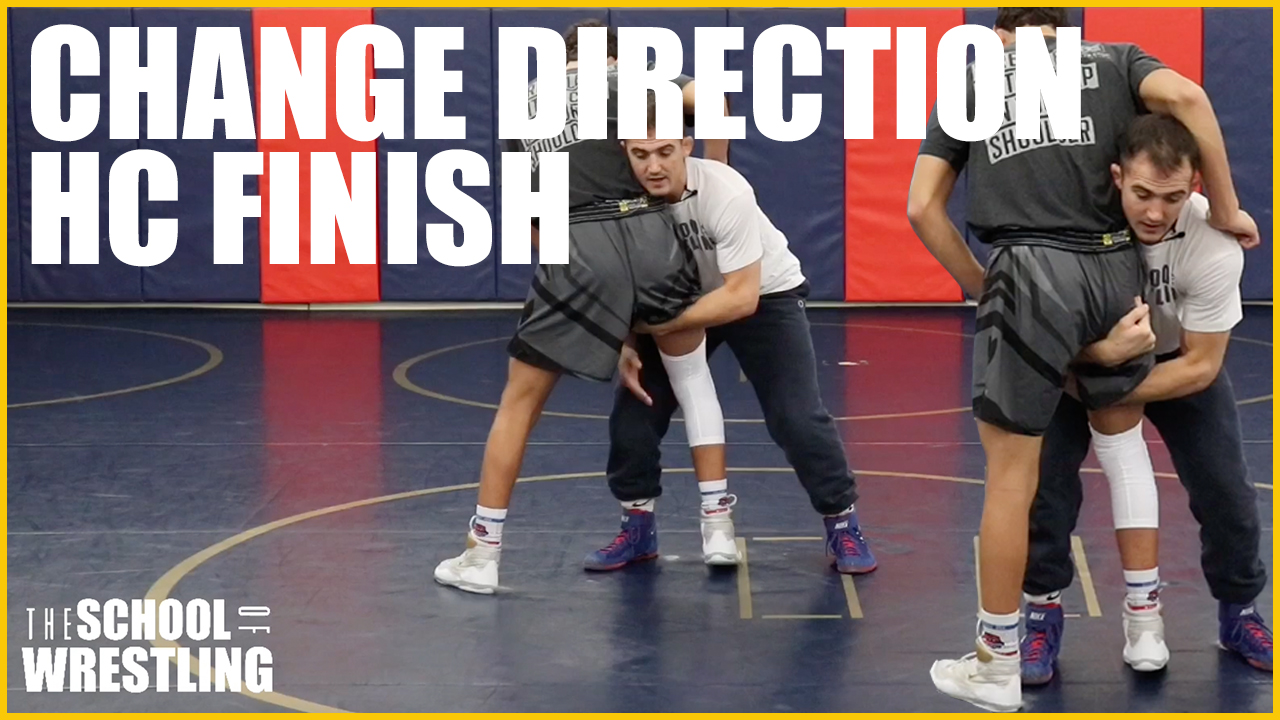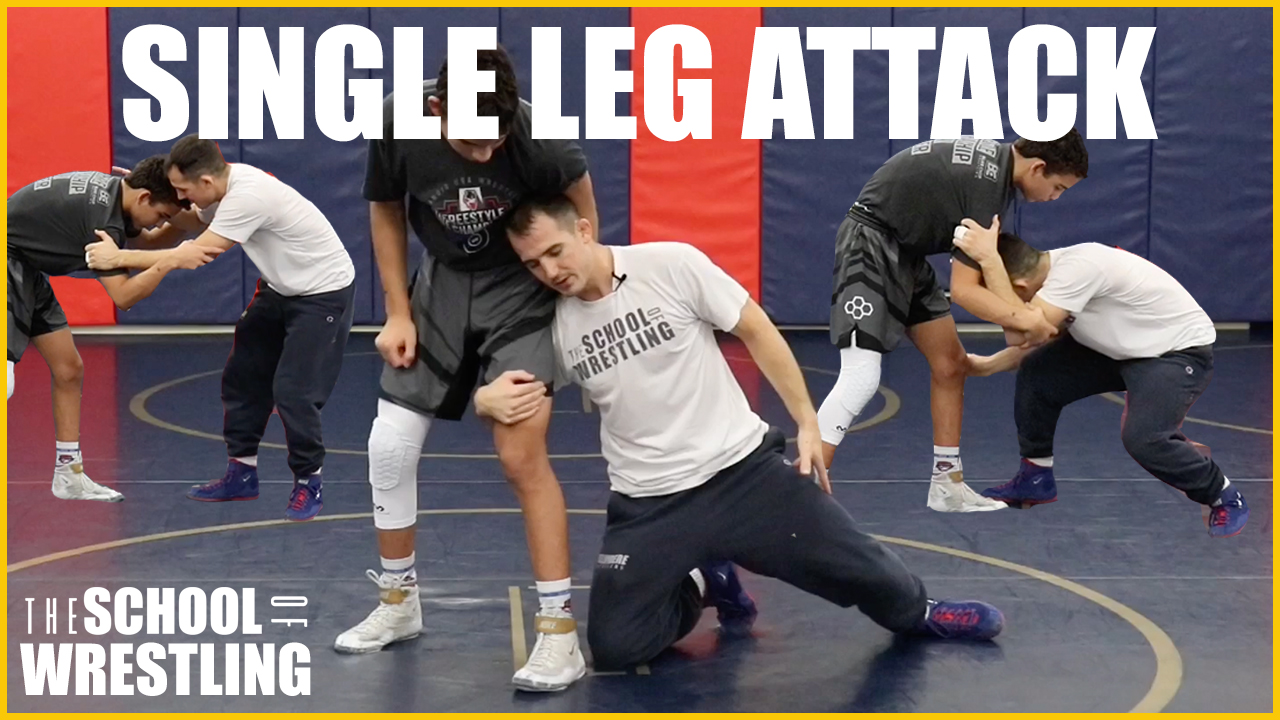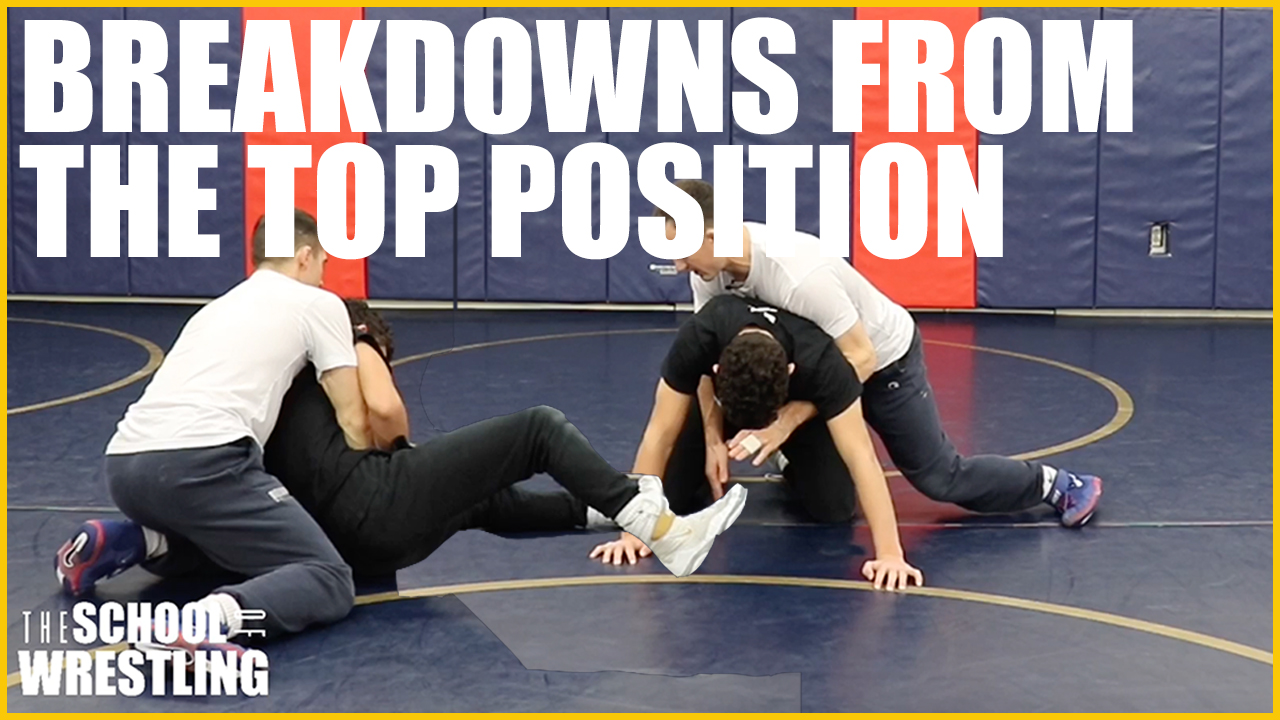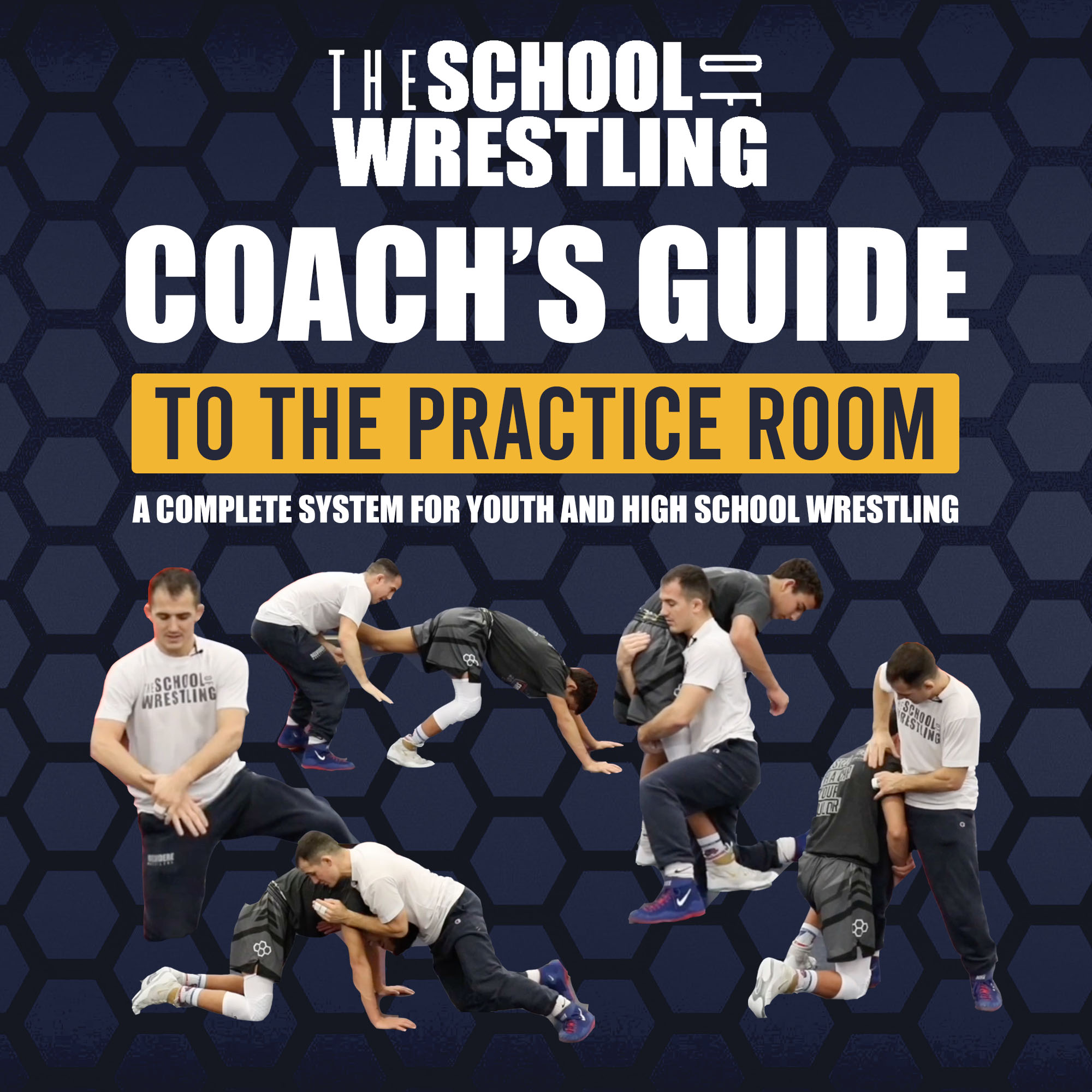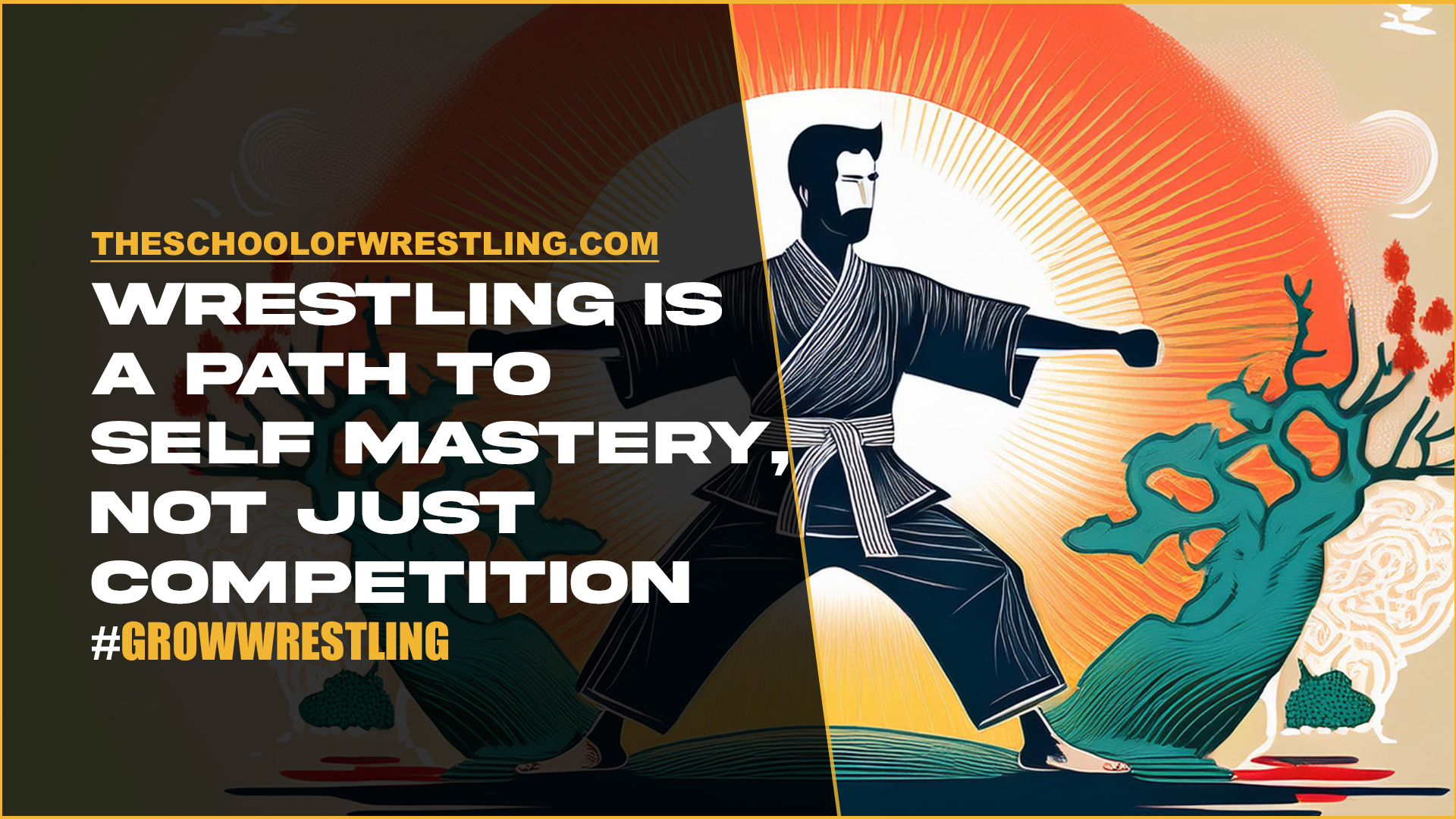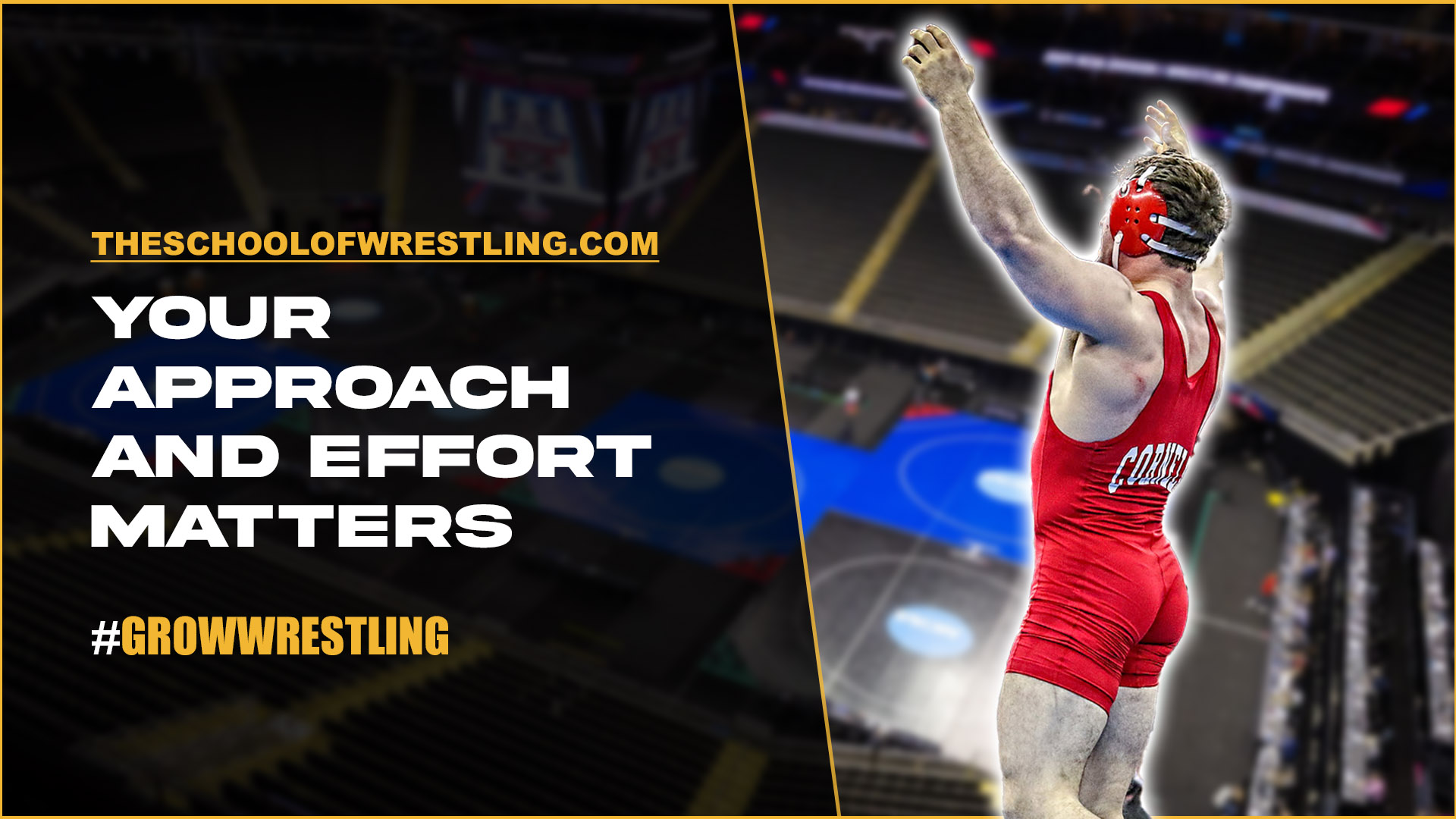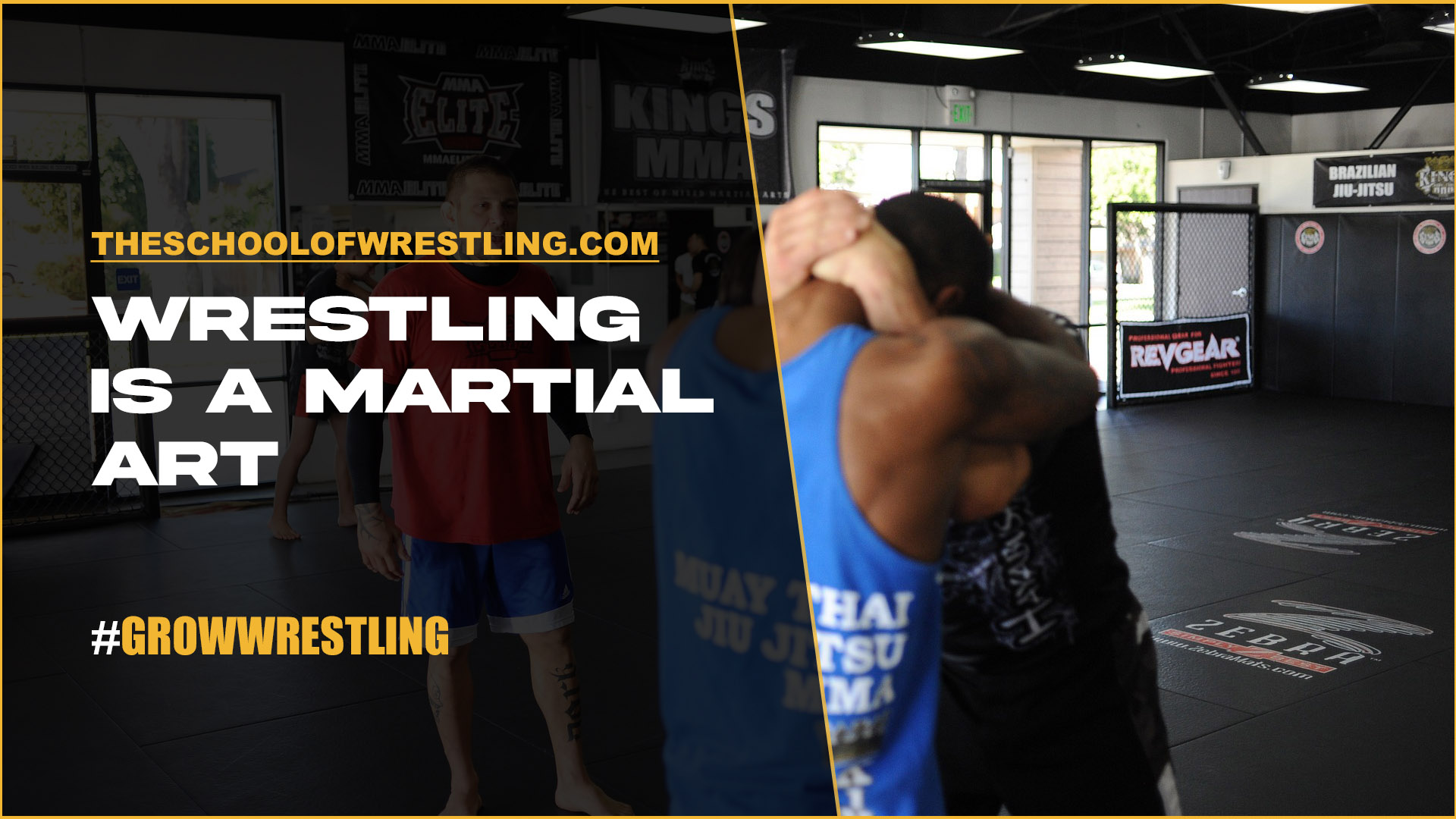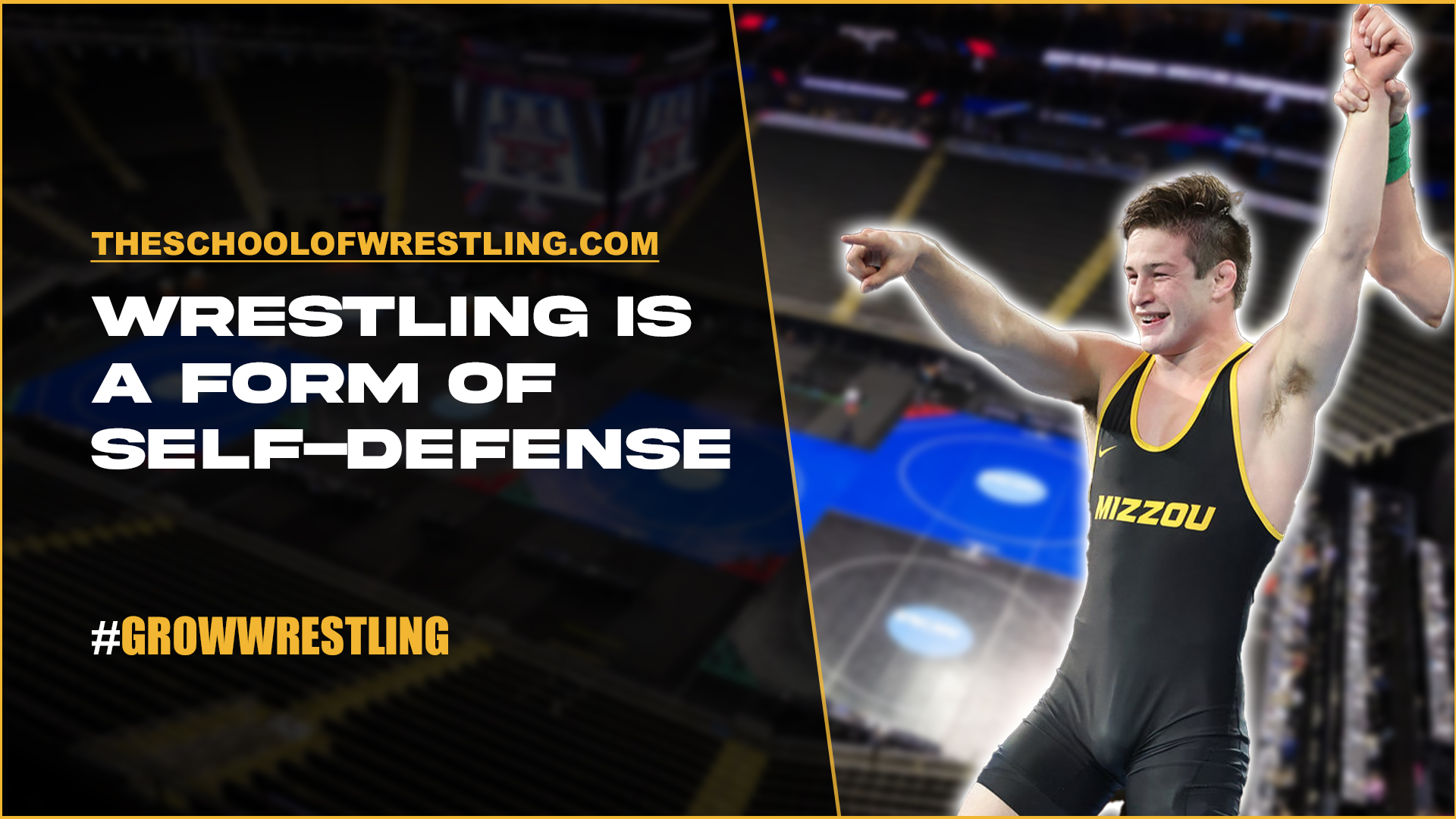Wrestling develops mental and emotional resilience, making it an exceptional sport for building strong, well-rounded individuals. The physical demands of wrestling are apparent, but the mental and emotional challenges are equally significant.
Here’s how wrestling helps athletes cultivate resilience in both their minds and emotions.
Facing Adversity
First and foremost, wrestling requires athletes to face adversity head-on. The nature of the sport means that wrestlers frequently encounter tough opponents and challenging situations. This constant exposure to adversity helps athletes build the mental toughness needed to persevere and overcome obstacles.
Handling Pressure
Moreover, wrestling develops the ability to handle pressure. Matches can be intense and high-stakes, requiring wrestlers to stay calm and focused under pressure. This skill is invaluable not only in sports but also in academics, work, and everyday life, where the ability to perform under stress is crucial.
Embracing Failure
In addition, wrestling teaches athletes to embrace failure. Losses are inevitable, and how wrestlers respond to these setbacks is key to their development. Wrestling encourages athletes to view failures as opportunities for growth, helping them develop a resilient mindset that turns setbacks into stepping stones for success.
Building Confidence
Furthermore, wrestling builds confidence. As athletes progress and achieve their goals, their self-belief grows. This confidence is not just about their physical abilities but also about their capacity to handle difficult situations, make quick decisions, and stay composed under pressure.
Developing Patience and Persistence
Wrestling also instills patience and persistence. Success in wrestling doesn’t come overnight; it requires consistent effort, practice, and dedication. This long-term commitment fosters a patient and persistent attitude, teaching athletes that perseverance pays off in the end.
Emotional Regulation
Importantly, wrestling helps athletes develop emotional regulation. The highs and lows of competition can lead to a wide range of emotions. Wrestlers learn to manage their emotions effectively, maintaining focus and composure regardless of the situation. This emotional regulation is a vital aspect of mental resilience.
Coping with Stress
Additionally, wrestling provides tools for coping with stress. The sport’s demands require athletes to find healthy ways to manage stress, whether through physical training, mental strategies, or support from coaches and teammates. These coping mechanisms contribute to overall emotional well-being.
Building a Strong Support System
Wrestling also fosters a strong support system. Teammates, coaches, and mentors provide encouragement and guidance, helping athletes navigate the challenges of the sport. This sense of community and support strengthens emotional resilience, as athletes know they are not alone in their struggles.
Enhancing Focus and Concentration
Moreover, wrestling enhances focus and concentration. The sport requires intense mental concentration to execute techniques and strategies effectively. This ability to concentrate deeply helps wrestlers stay mentally resilient, as they can block out distractions and remain focused on their goals.
Encouraging Self-Reflection
Lastly, wrestling encourages self-reflection. Athletes regularly evaluate their performances, identify areas for improvement, and set new goals. This process of self-assessment and continuous improvement builds a resilient mindset, as athletes learn to take responsibility for their growth and development.
Wrestling develops mental and emotional resilience by teaching athletes to face adversity, handle pressure, embrace failure, and build confidence. The sport’s rigorous demands foster patience, persistence, emotional regulation, and effective stress management. Wrestling also provides a supportive community, enhances focus and concentration, and encourages self-reflection. By participating in wrestling, athletes not only strengthen their bodies but also cultivate the mental and emotional resilience needed to thrive in all areas of life.
Learn more about The School of Wrestling and our unique approach to the sport, visit our technique library where we provide comprehensive education and resources for athletes, coaches, and parents.

